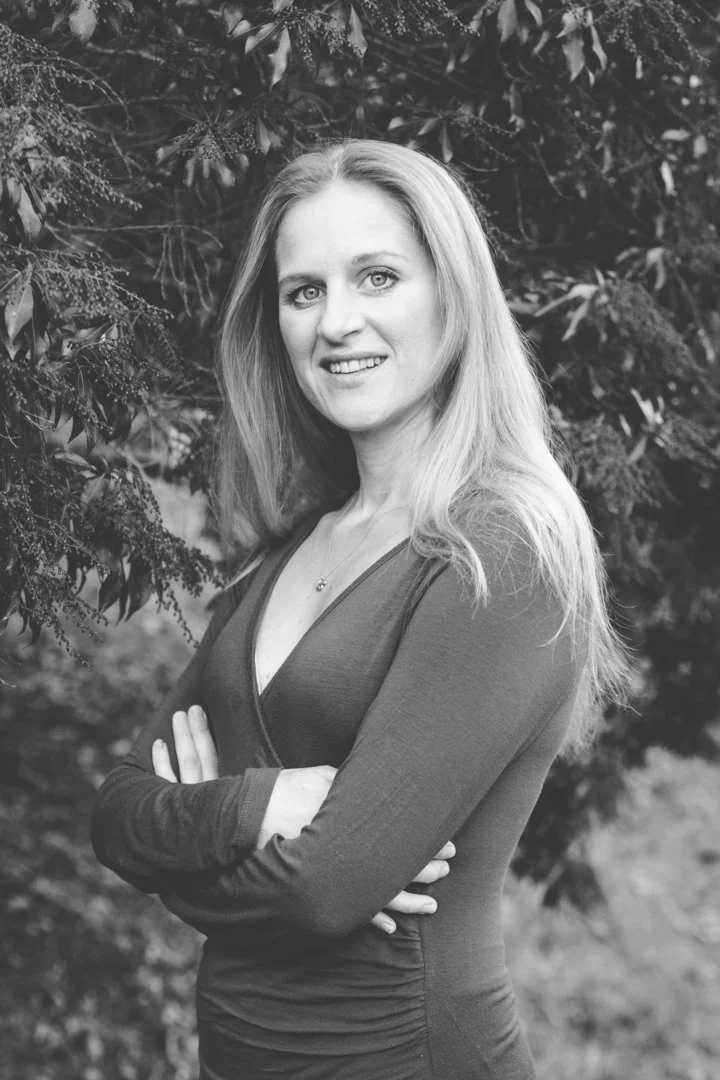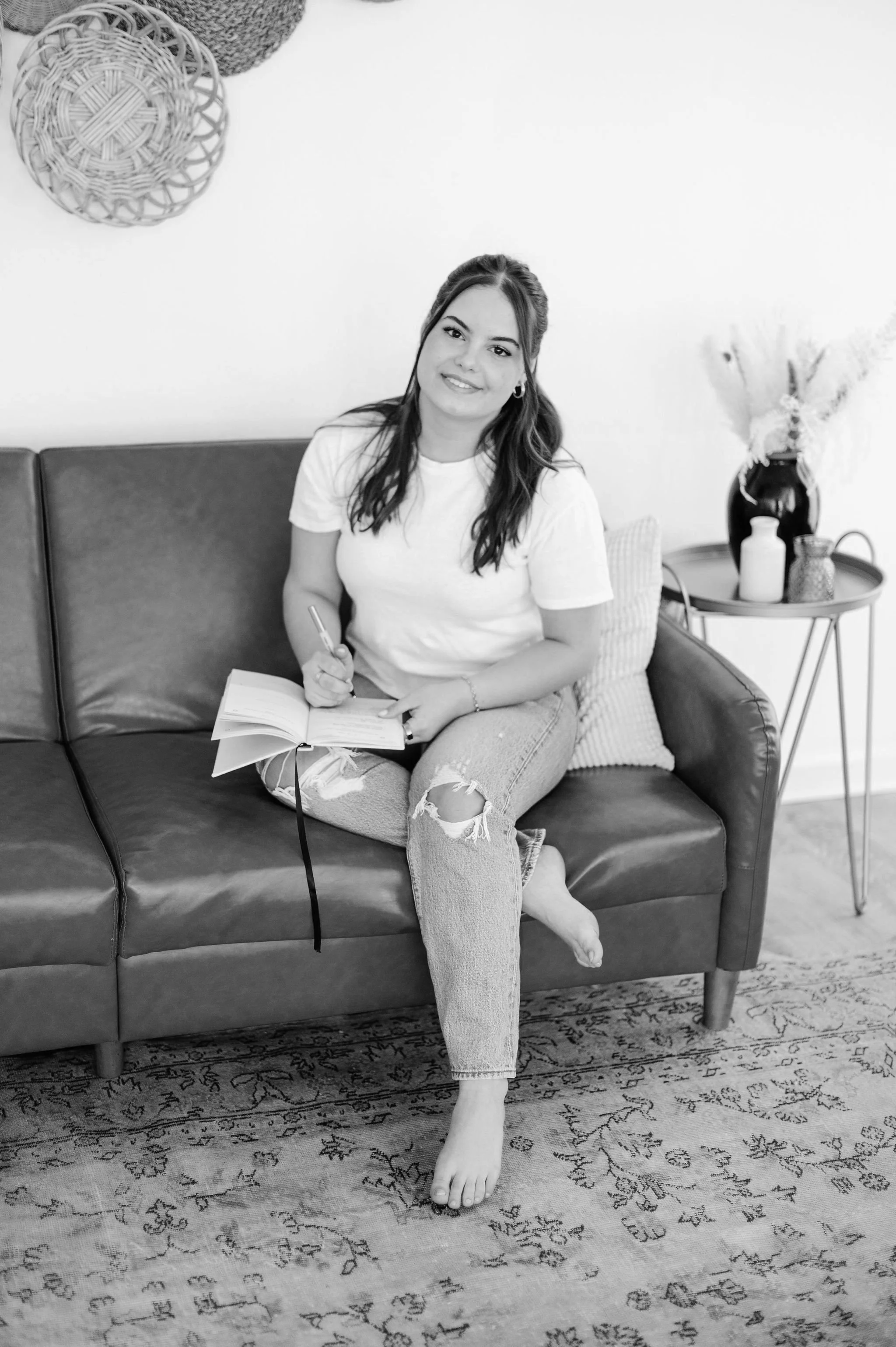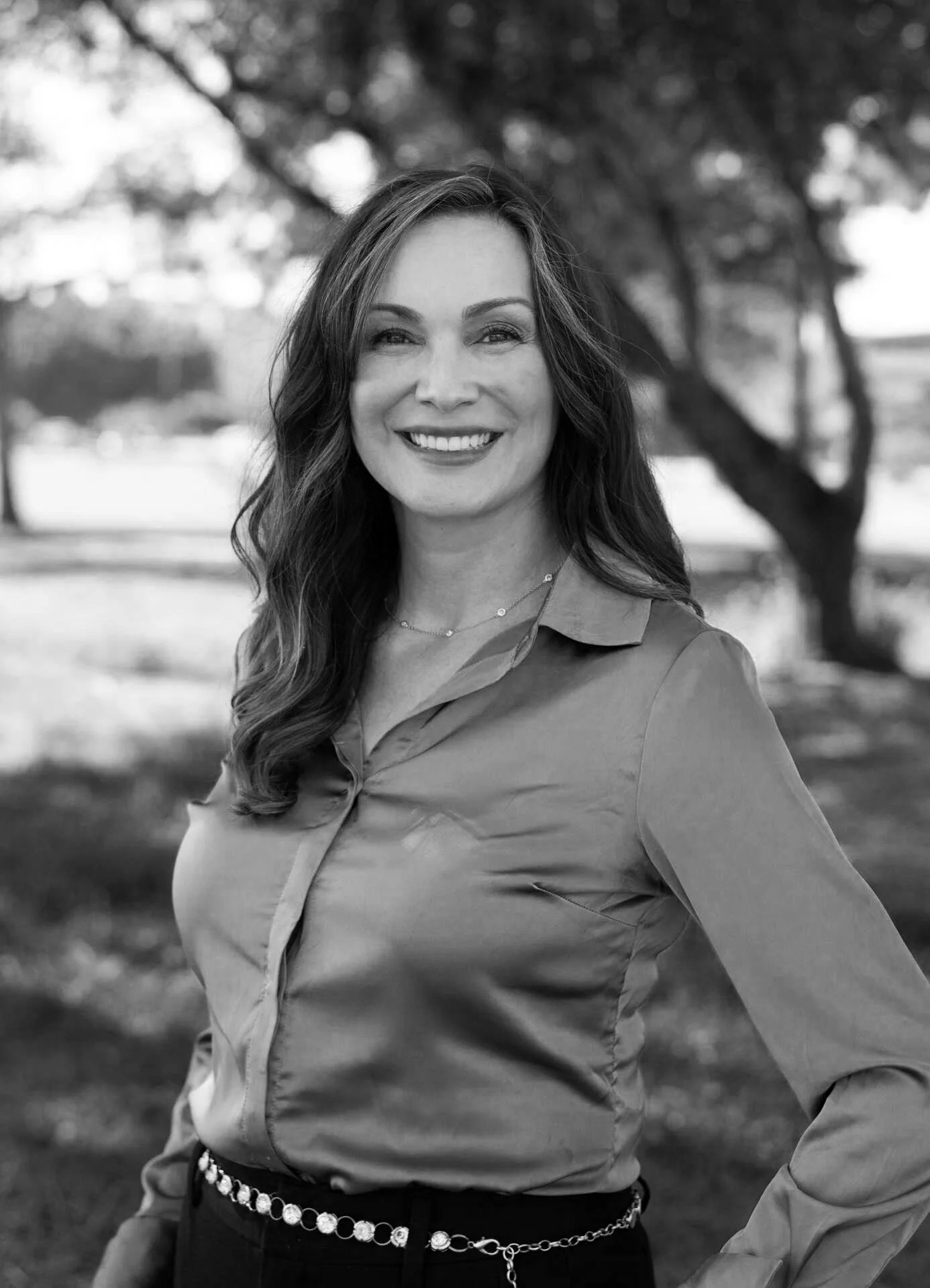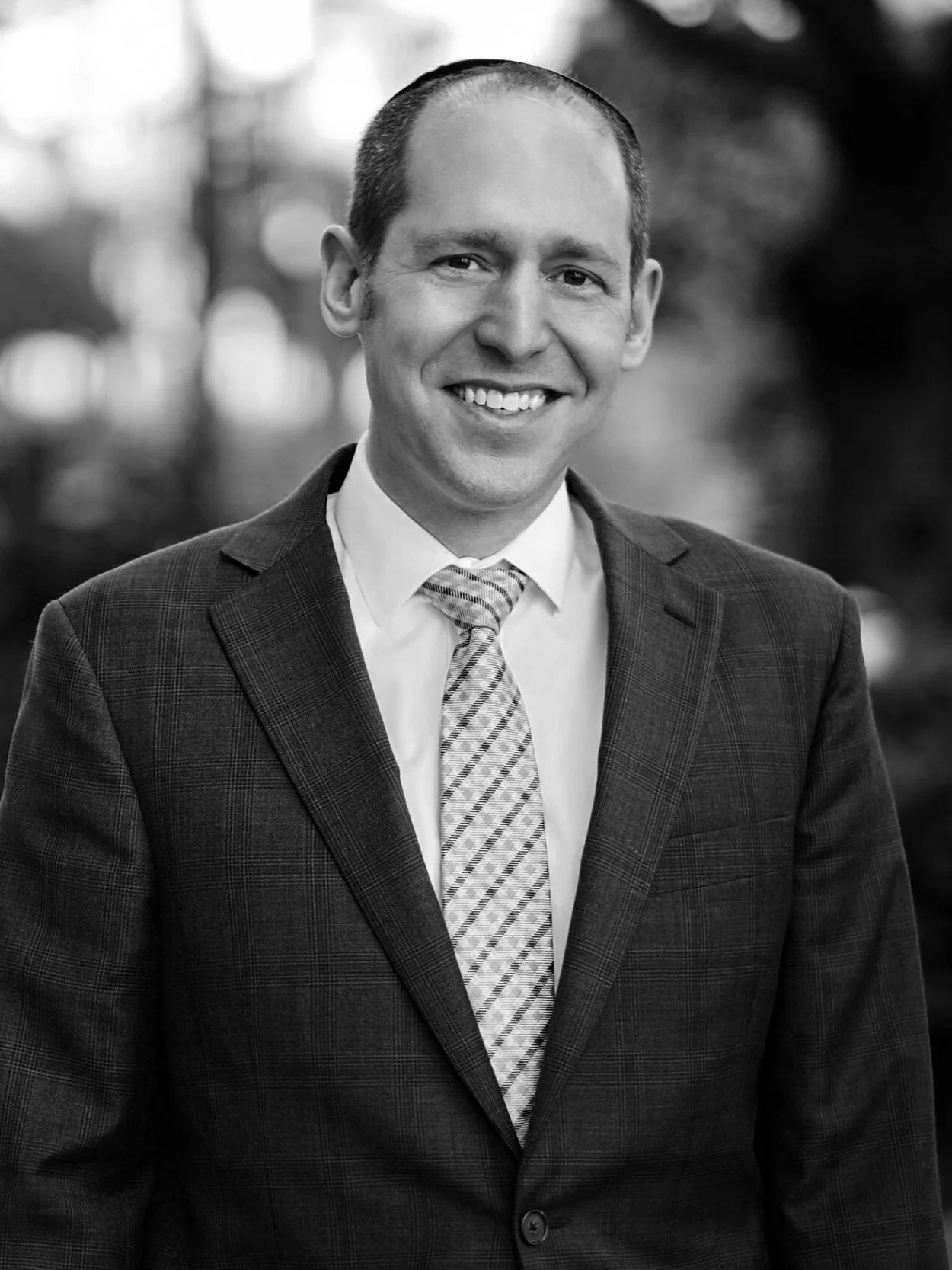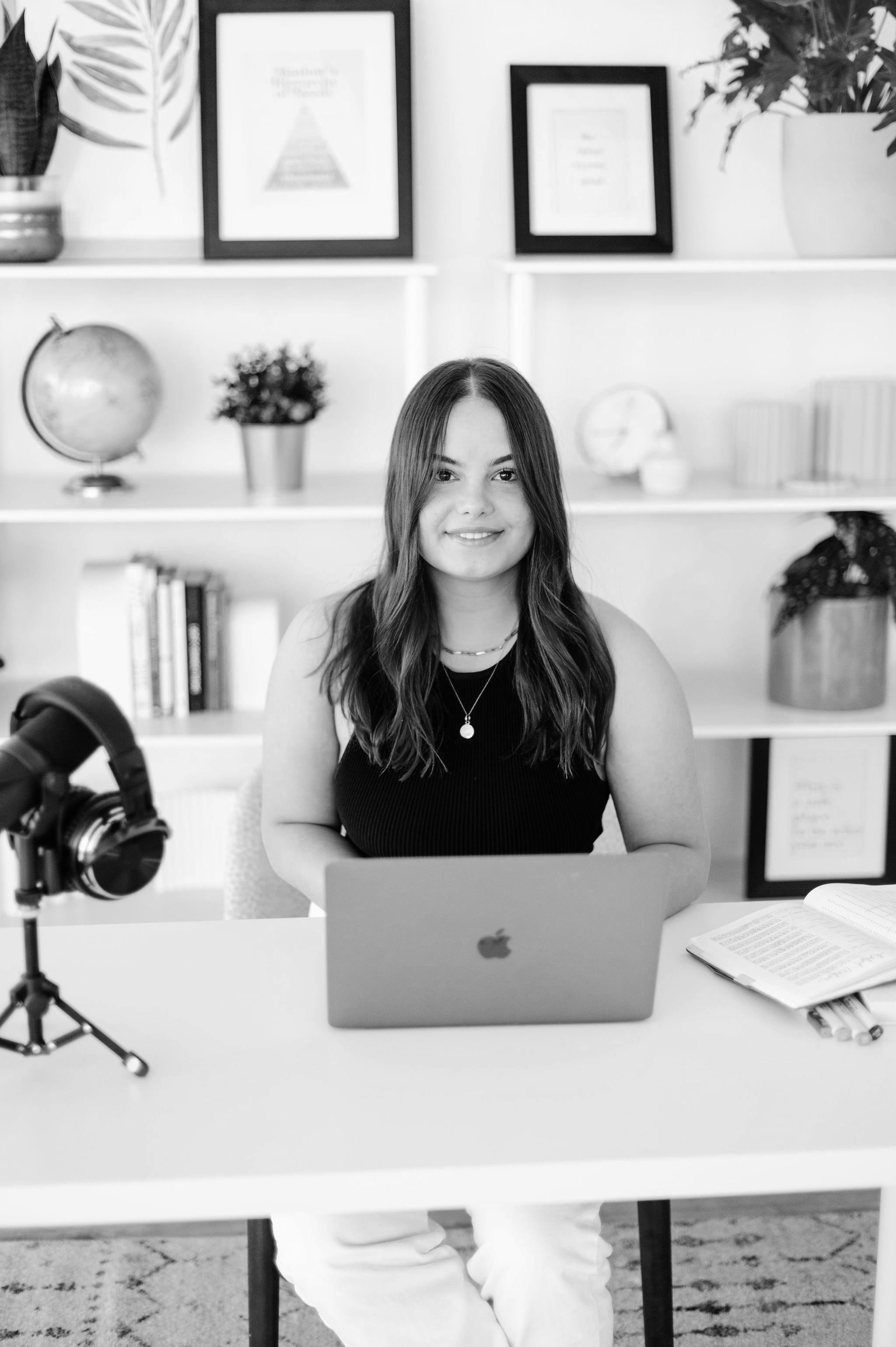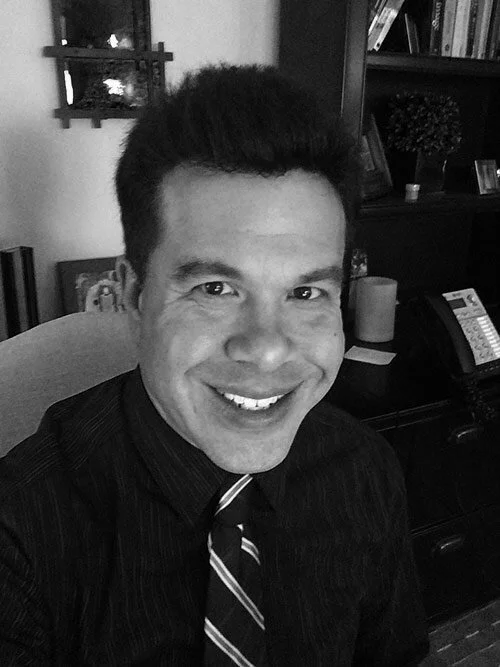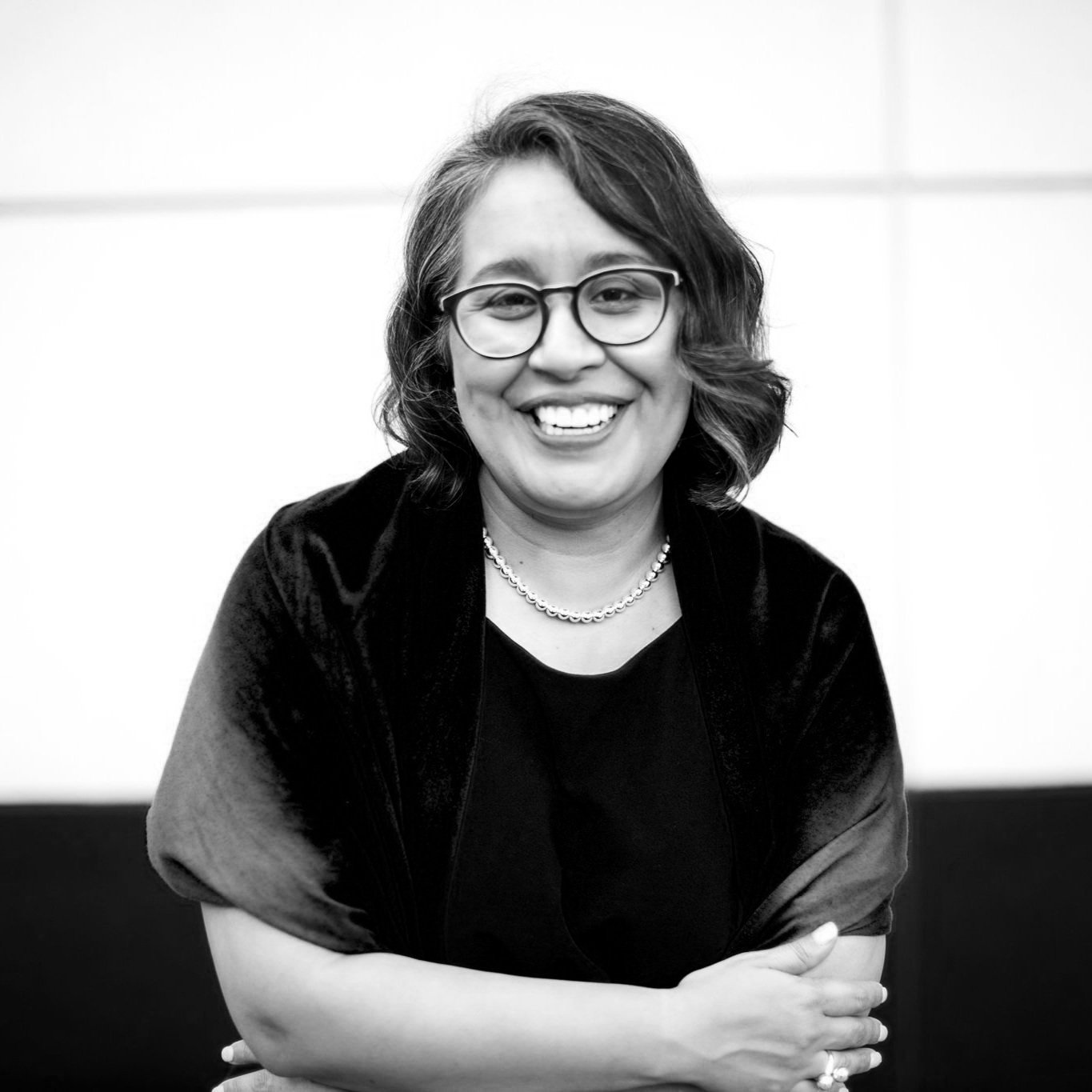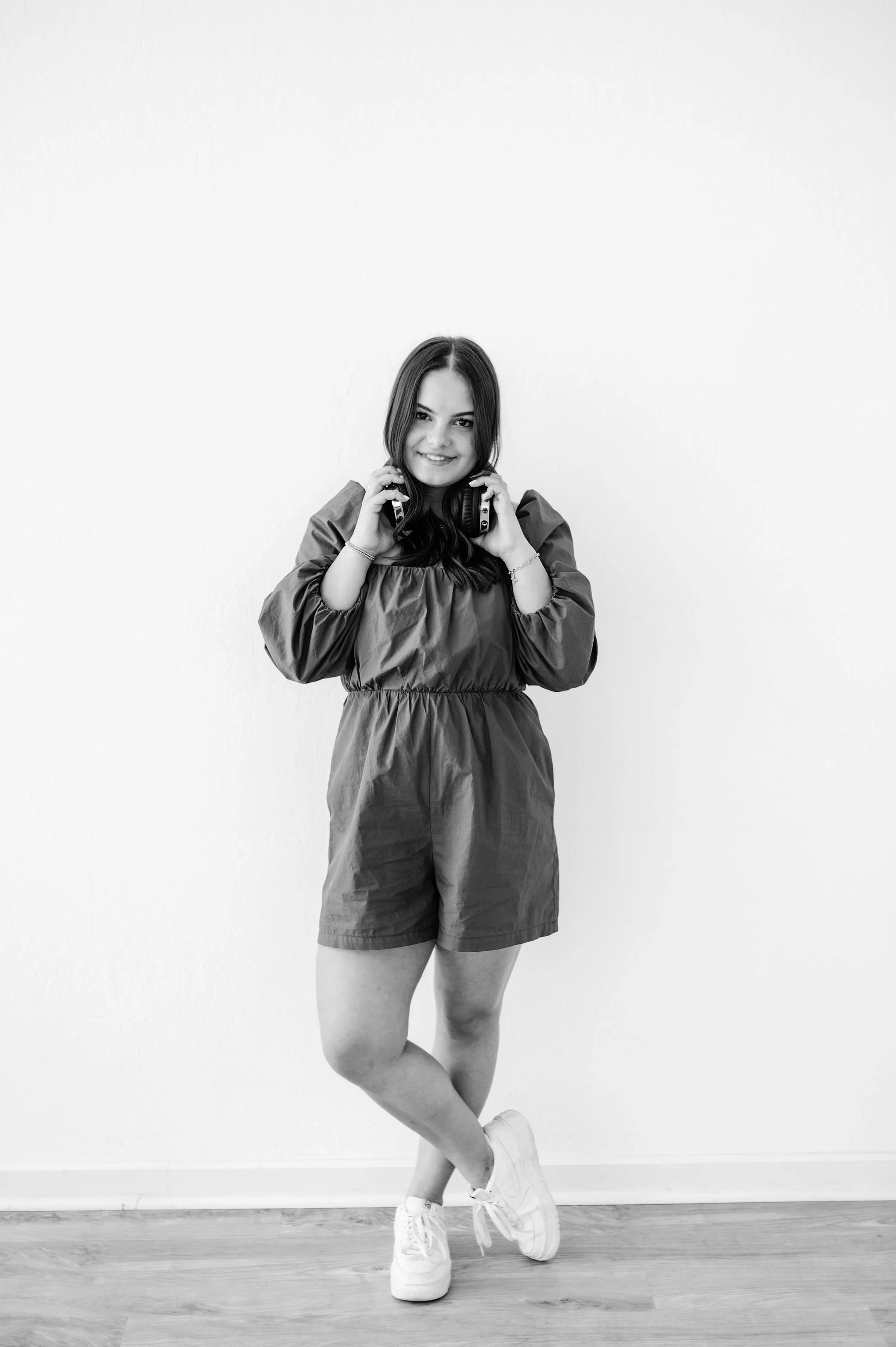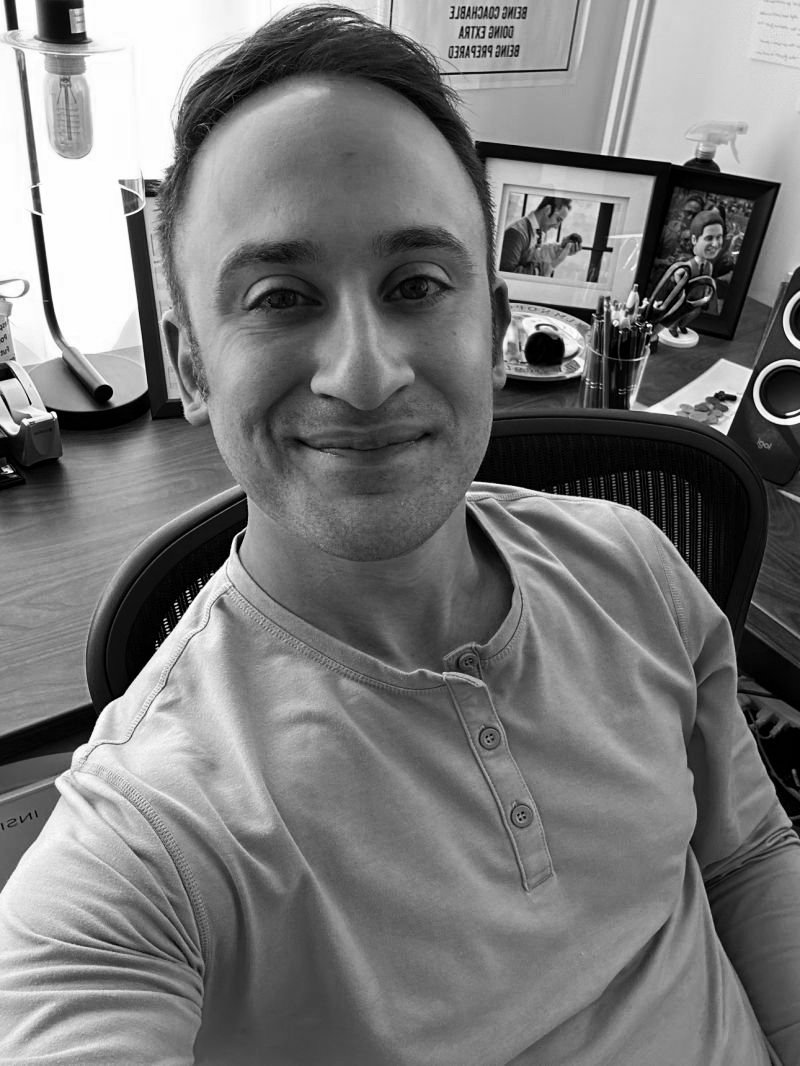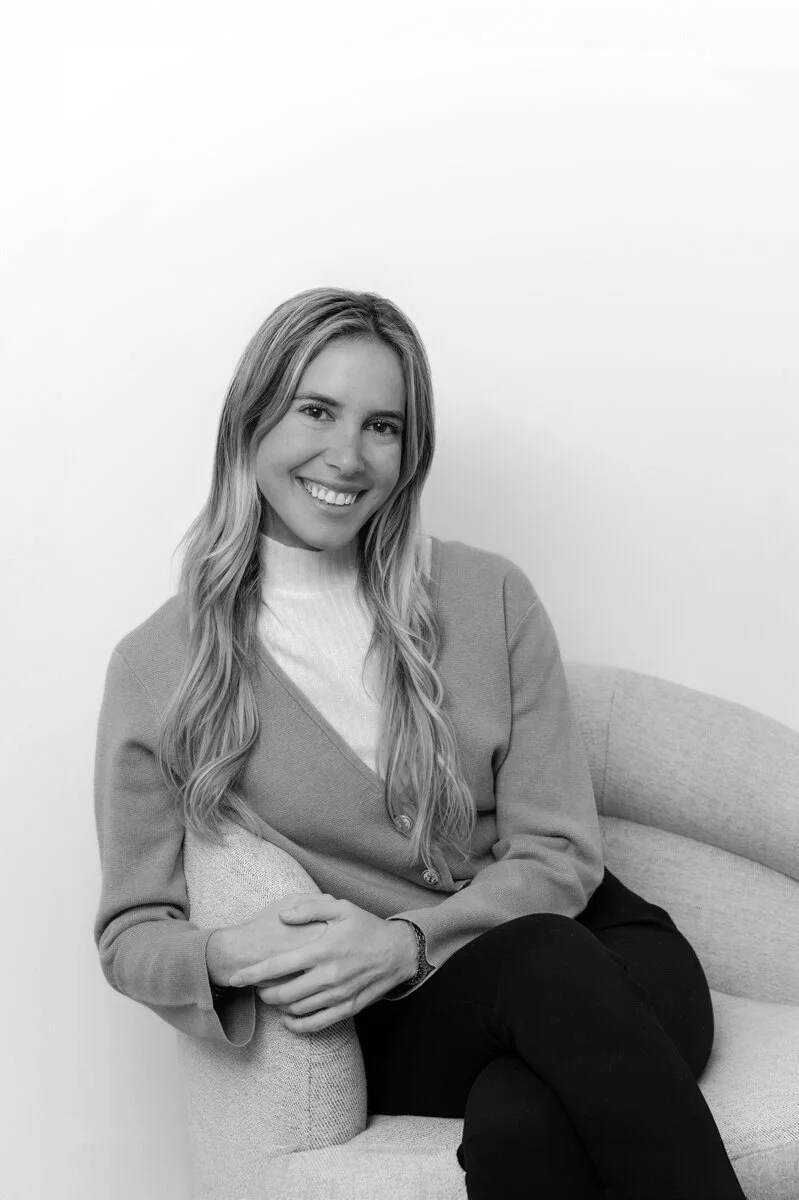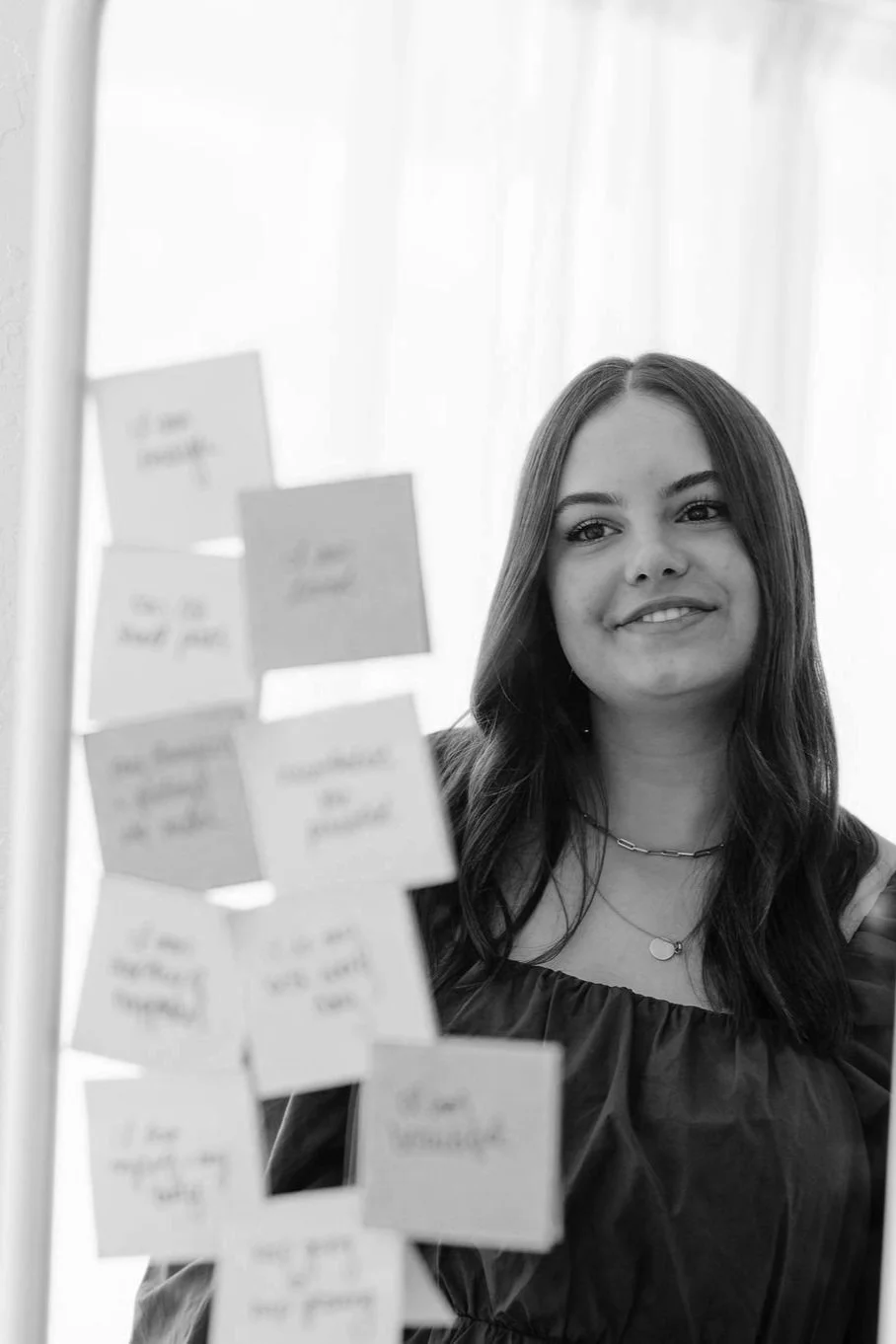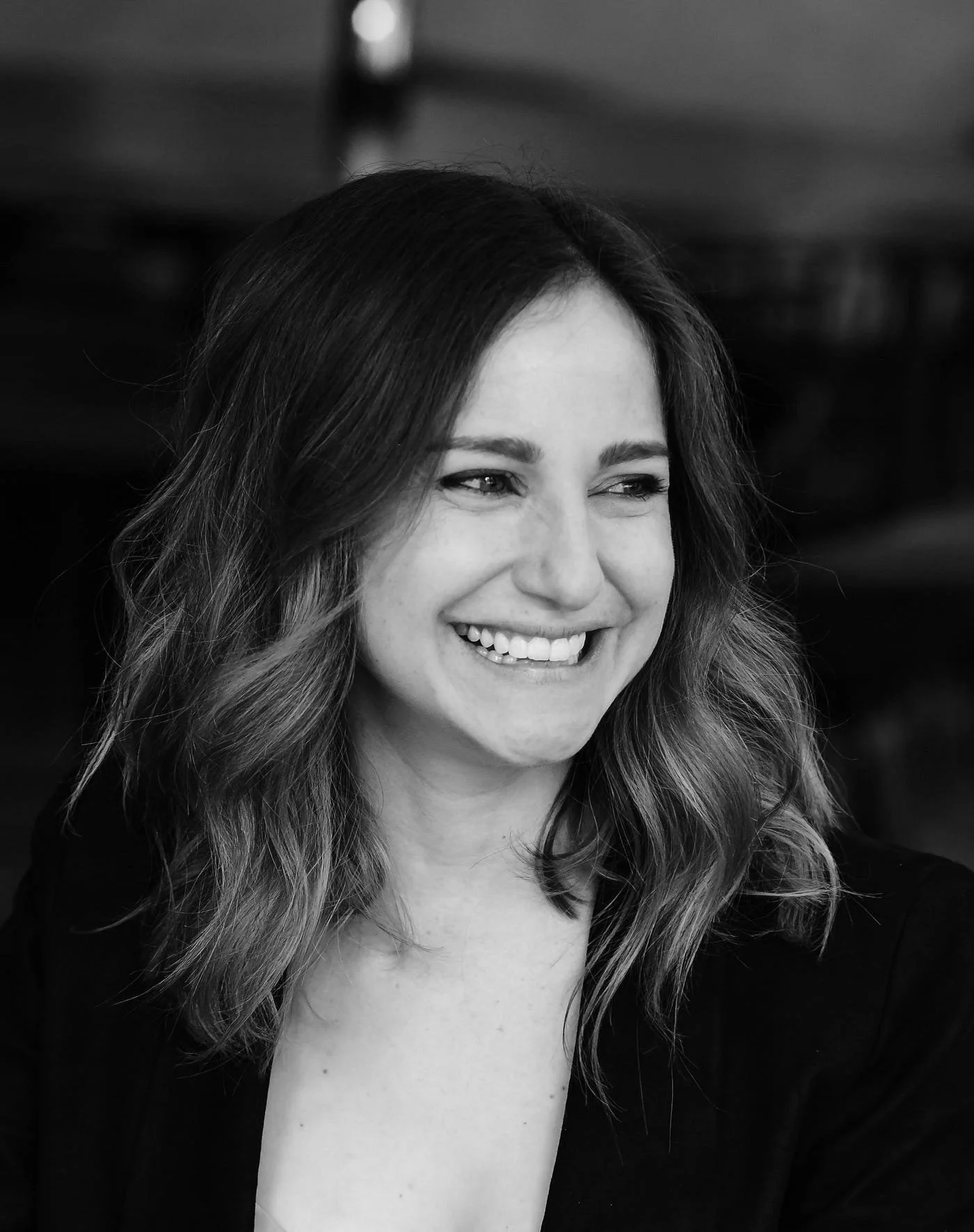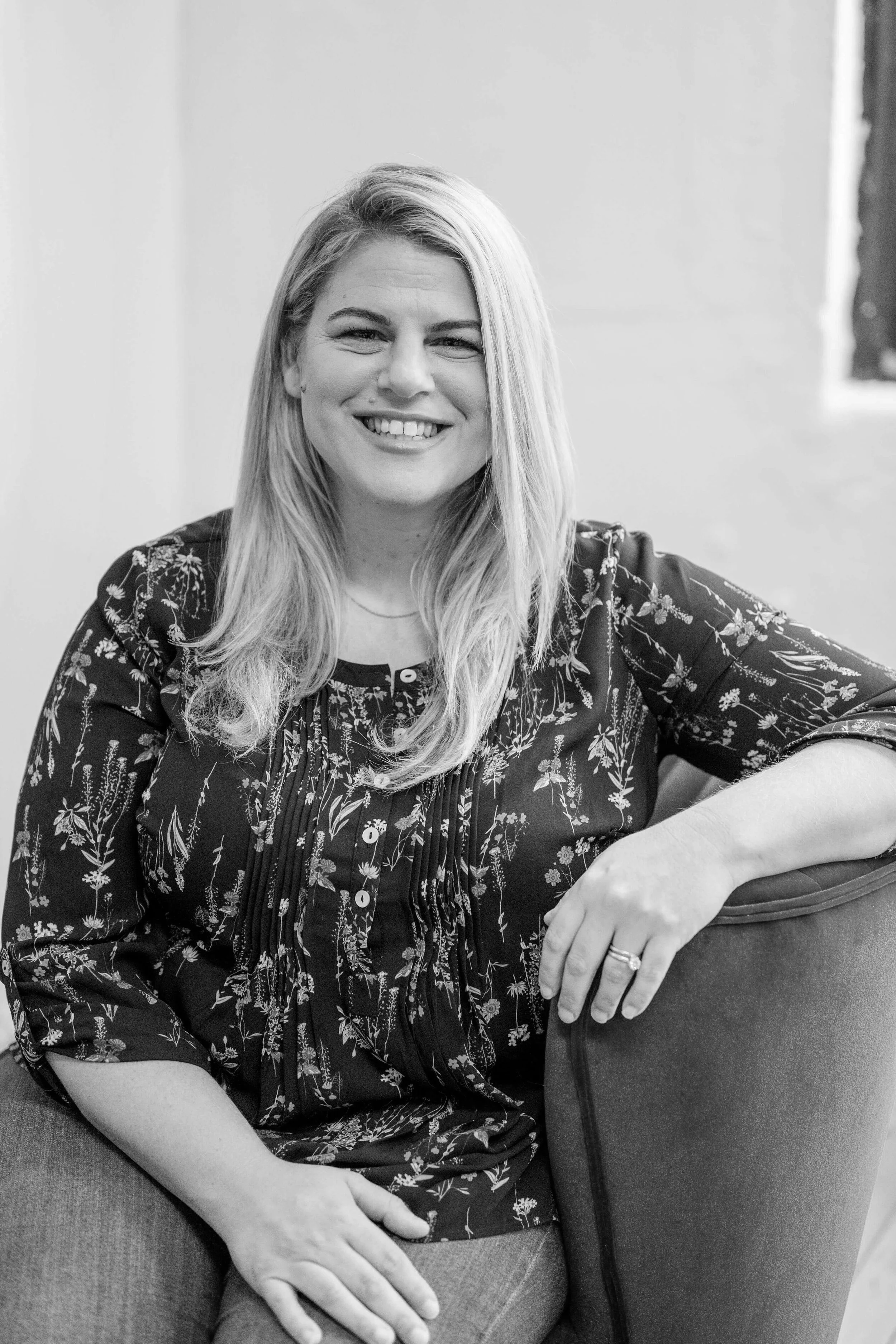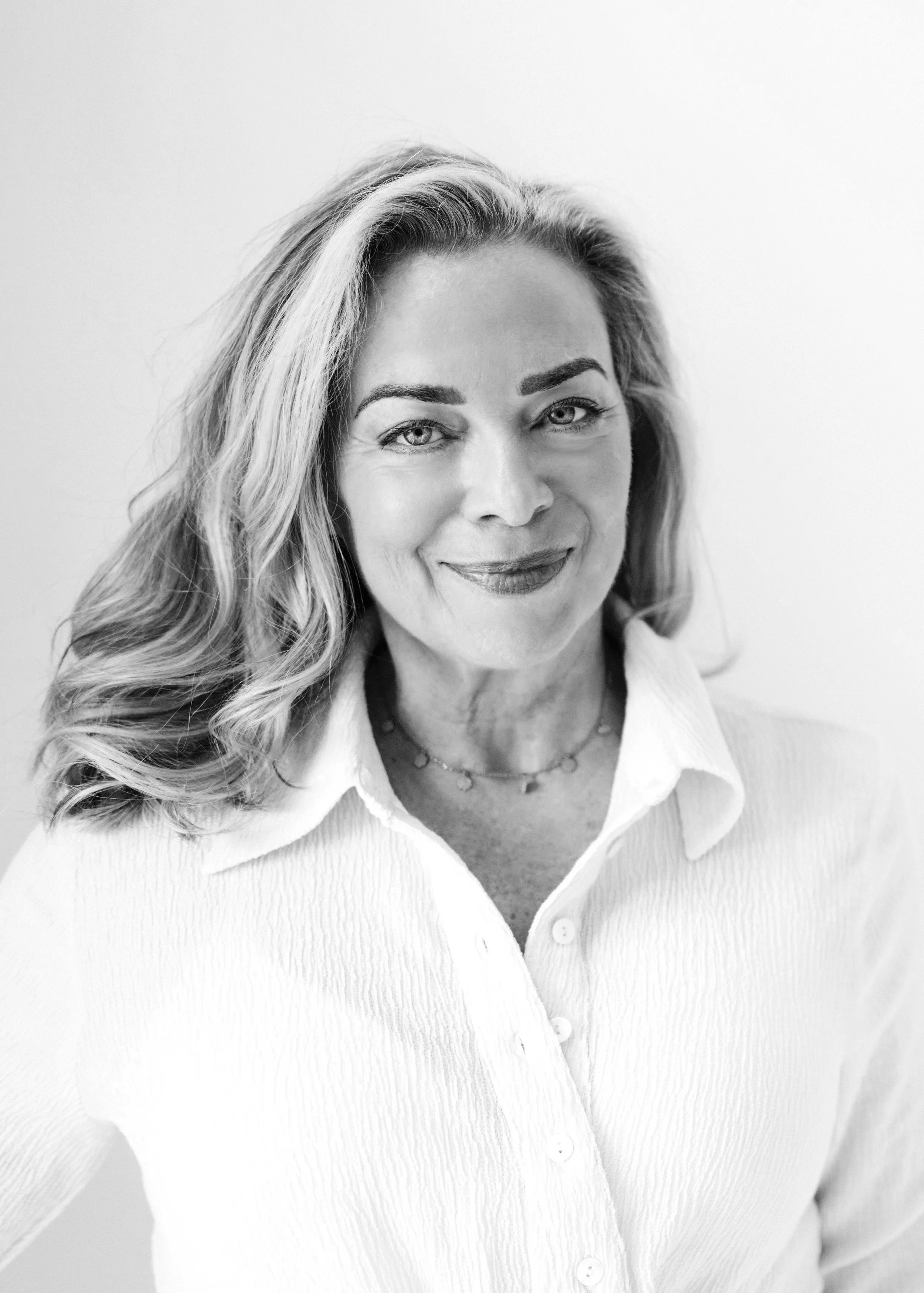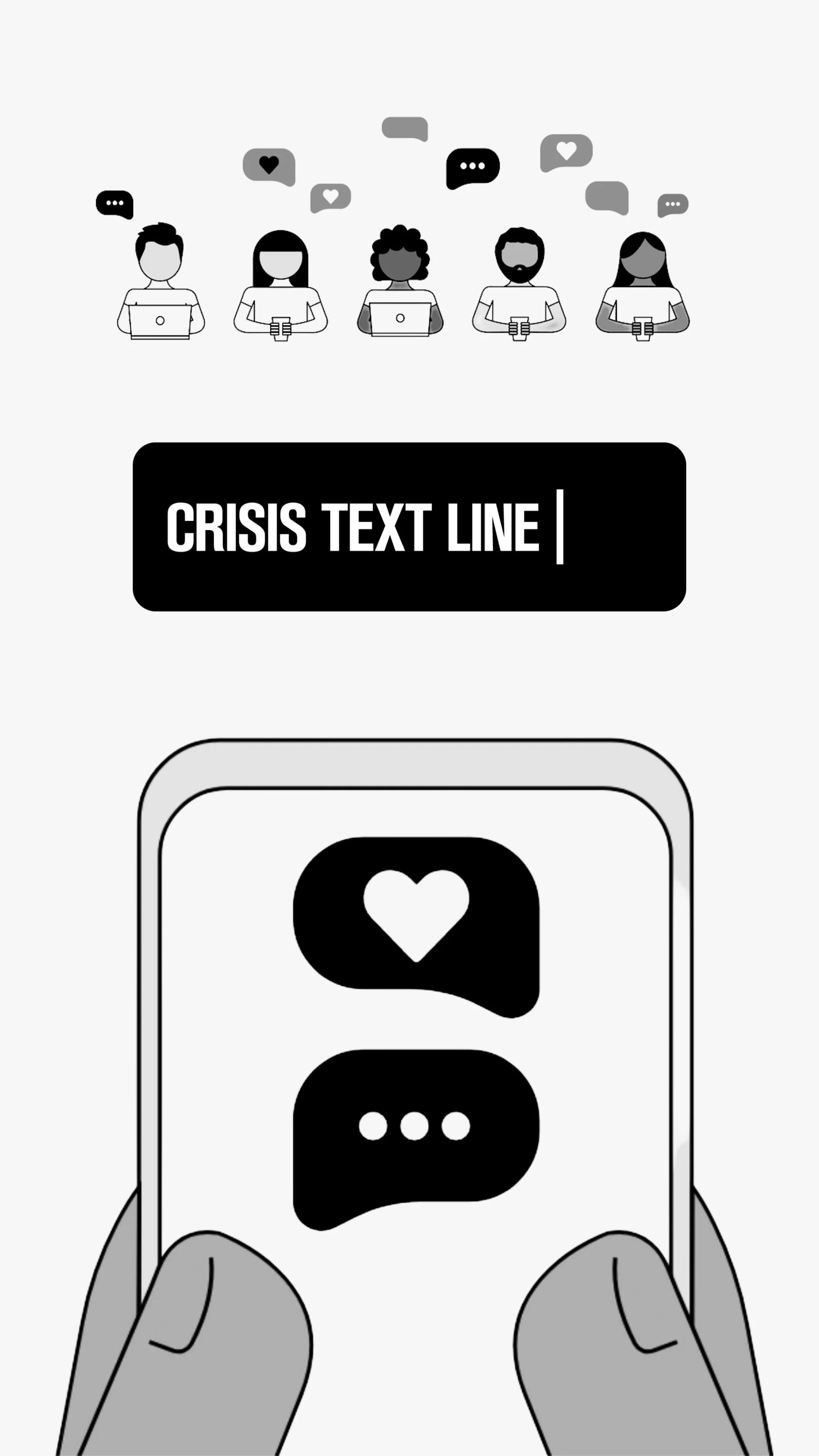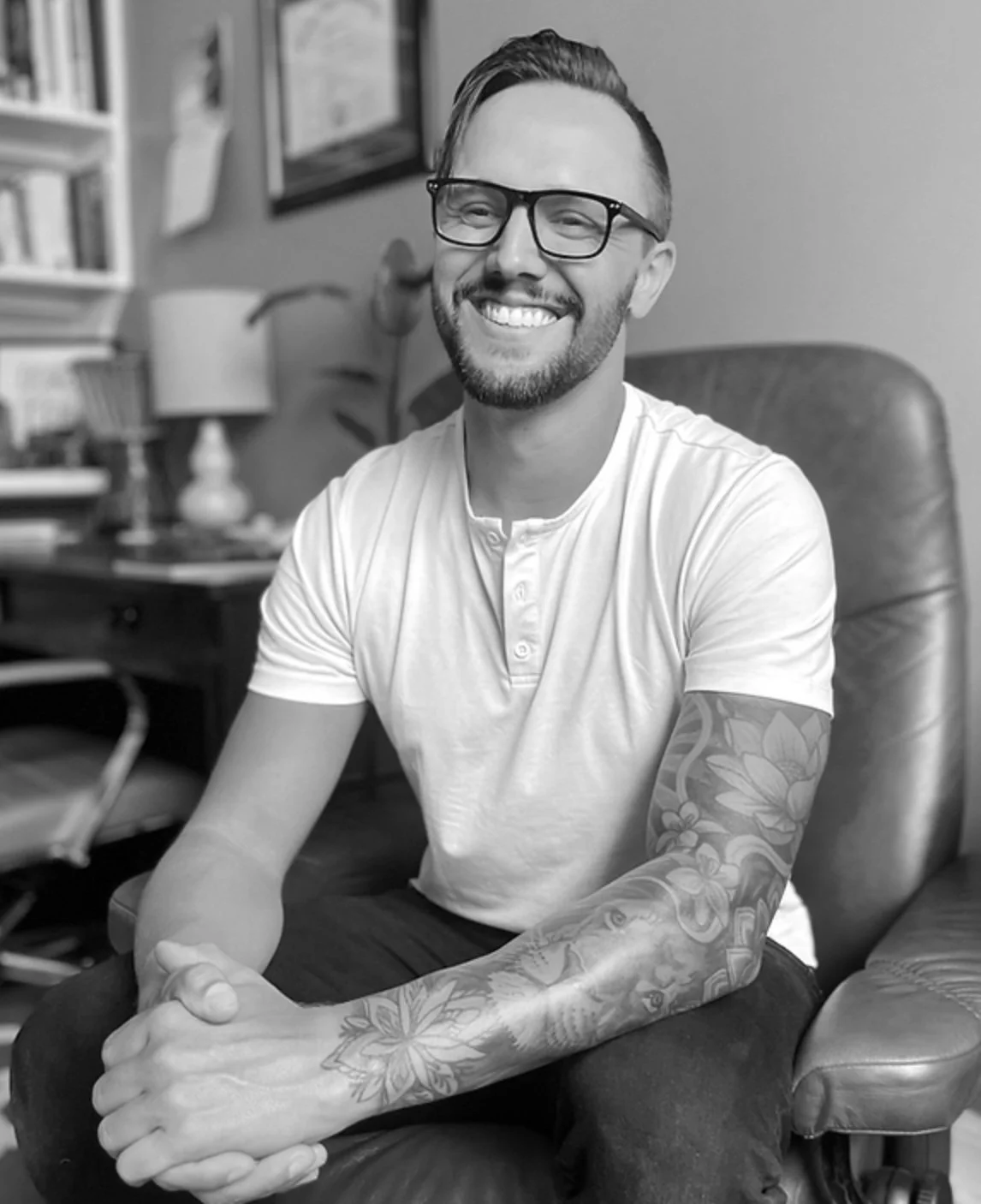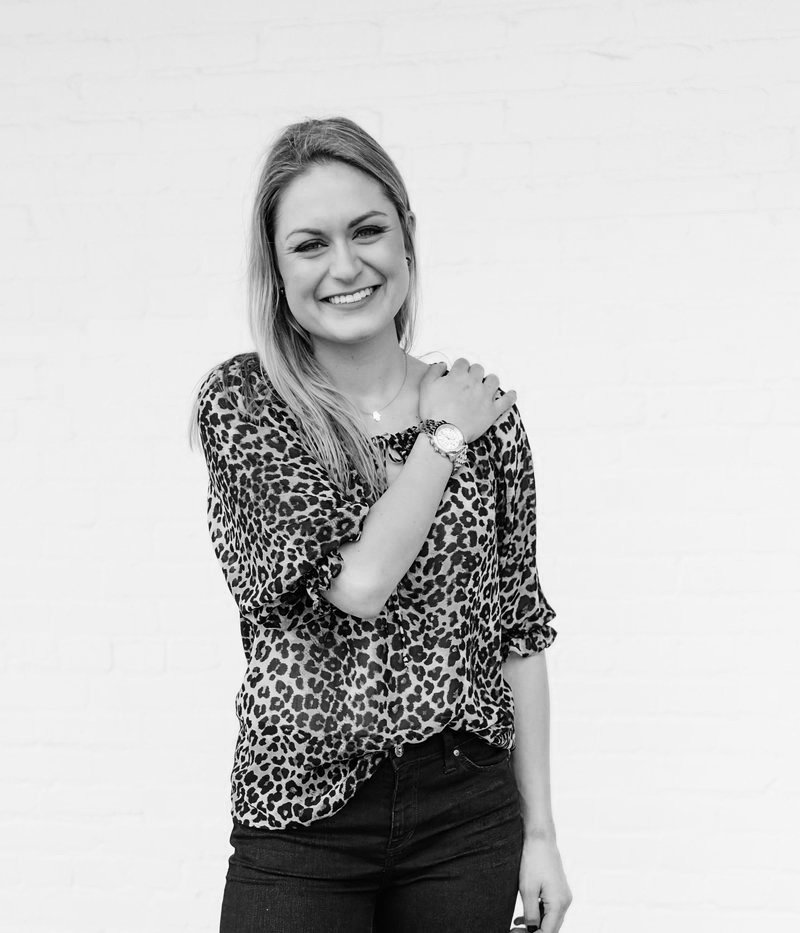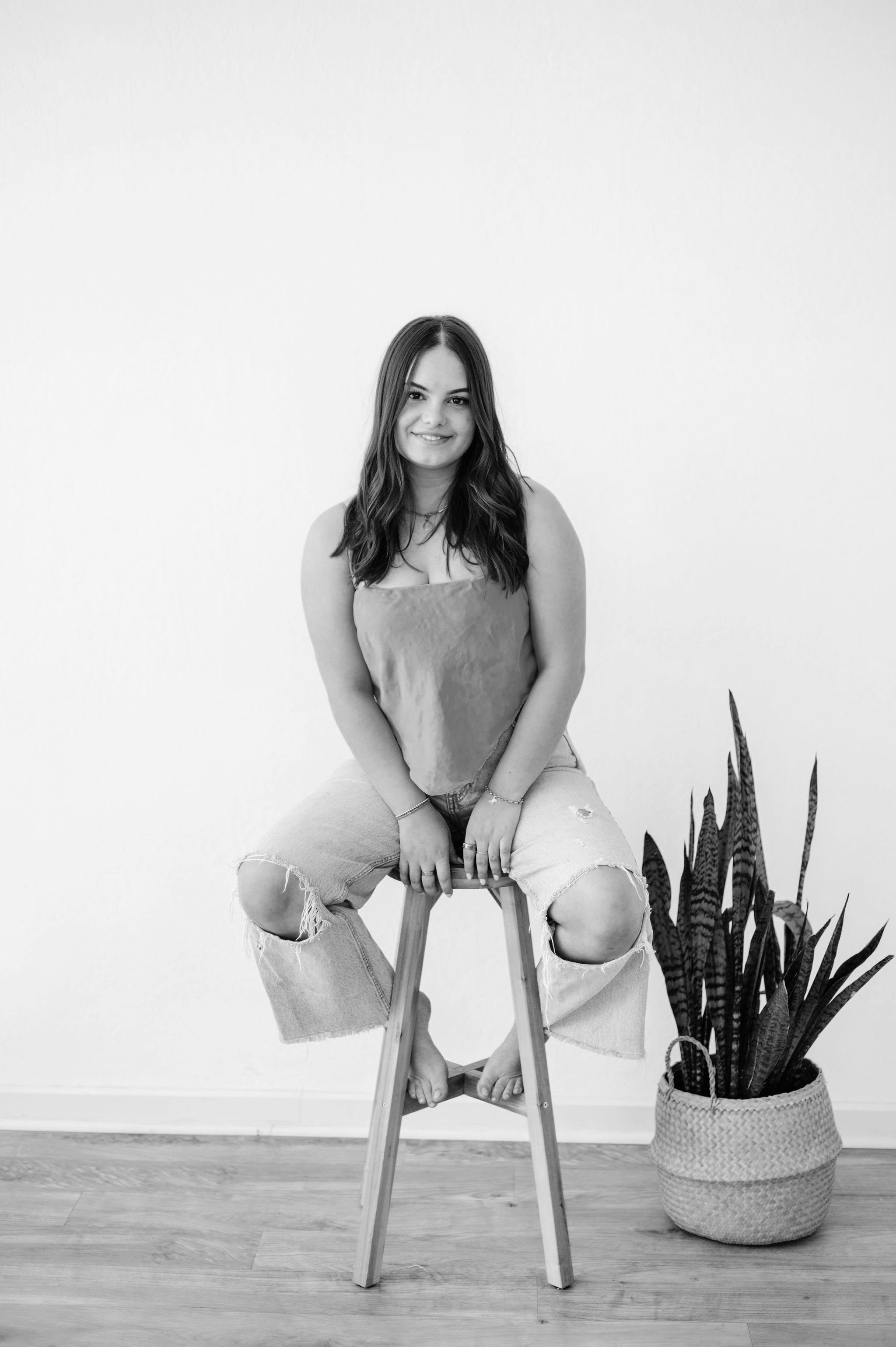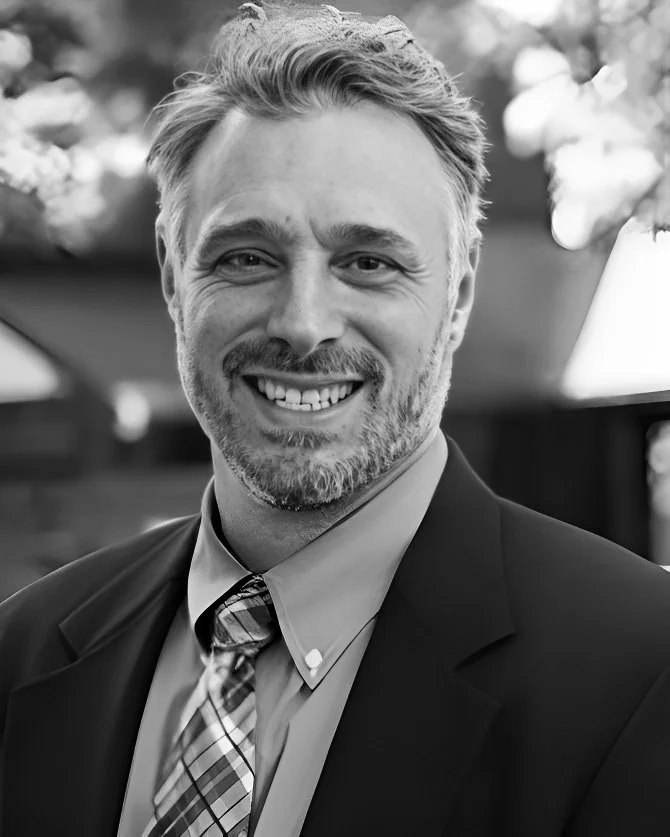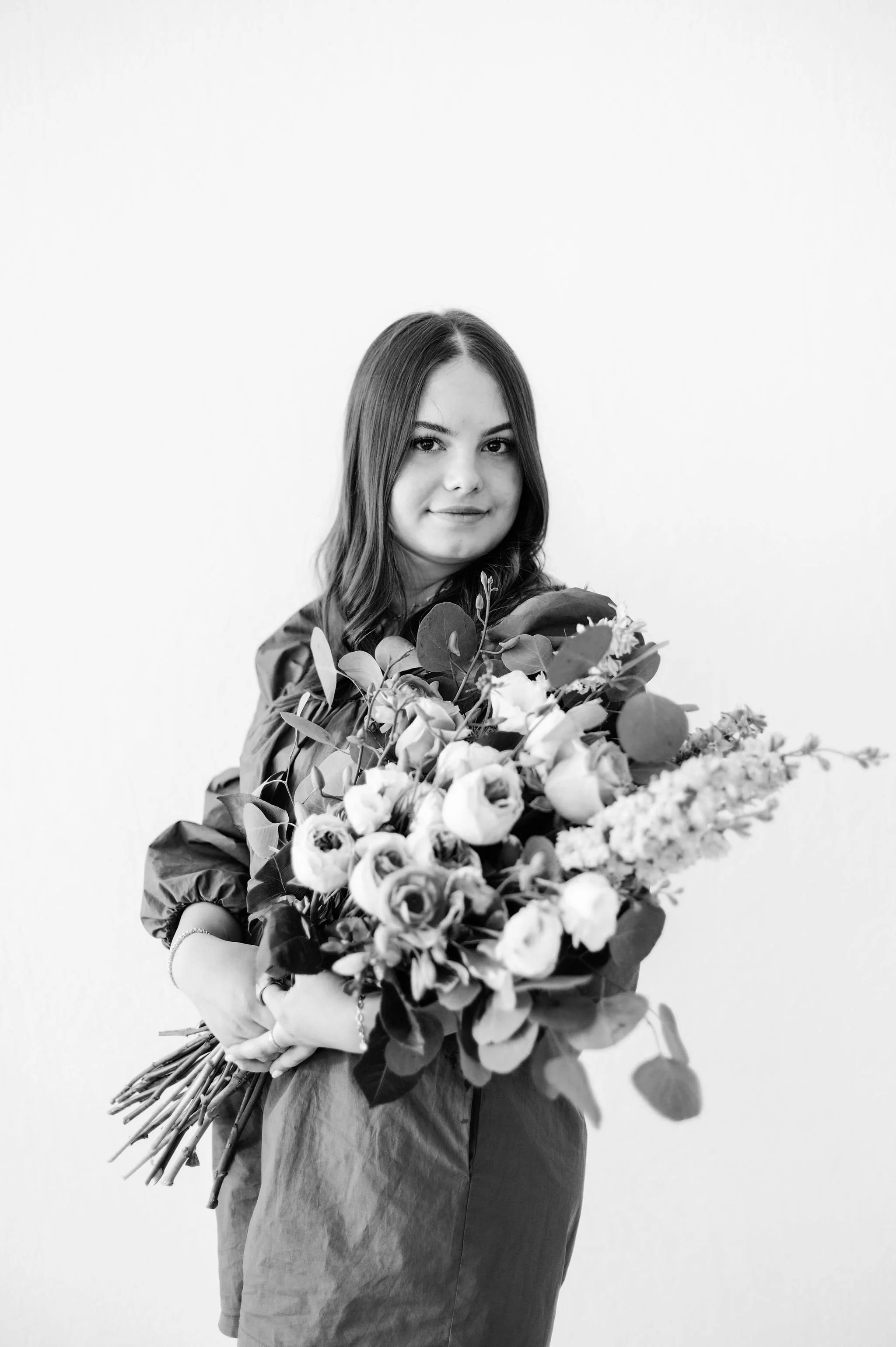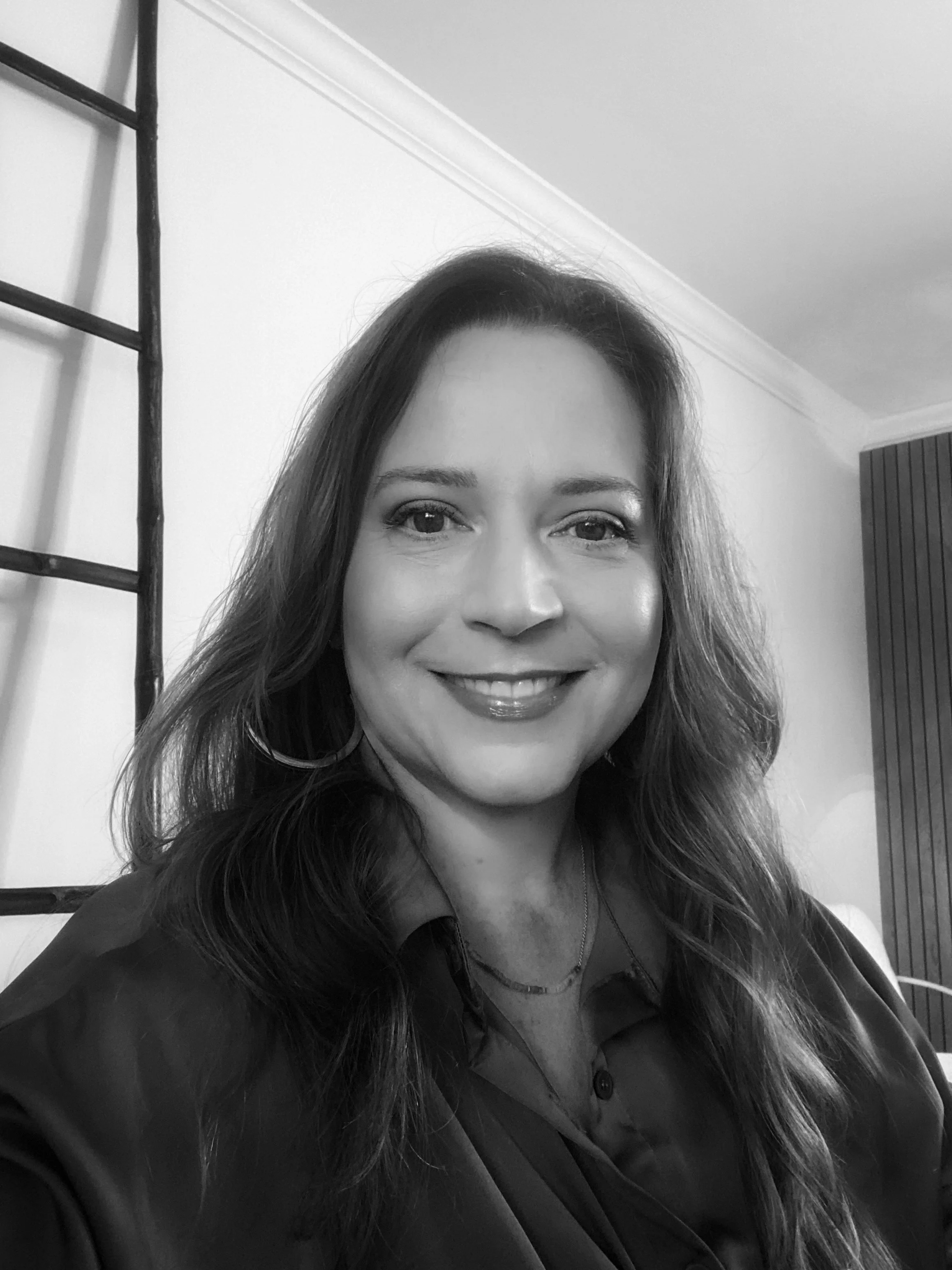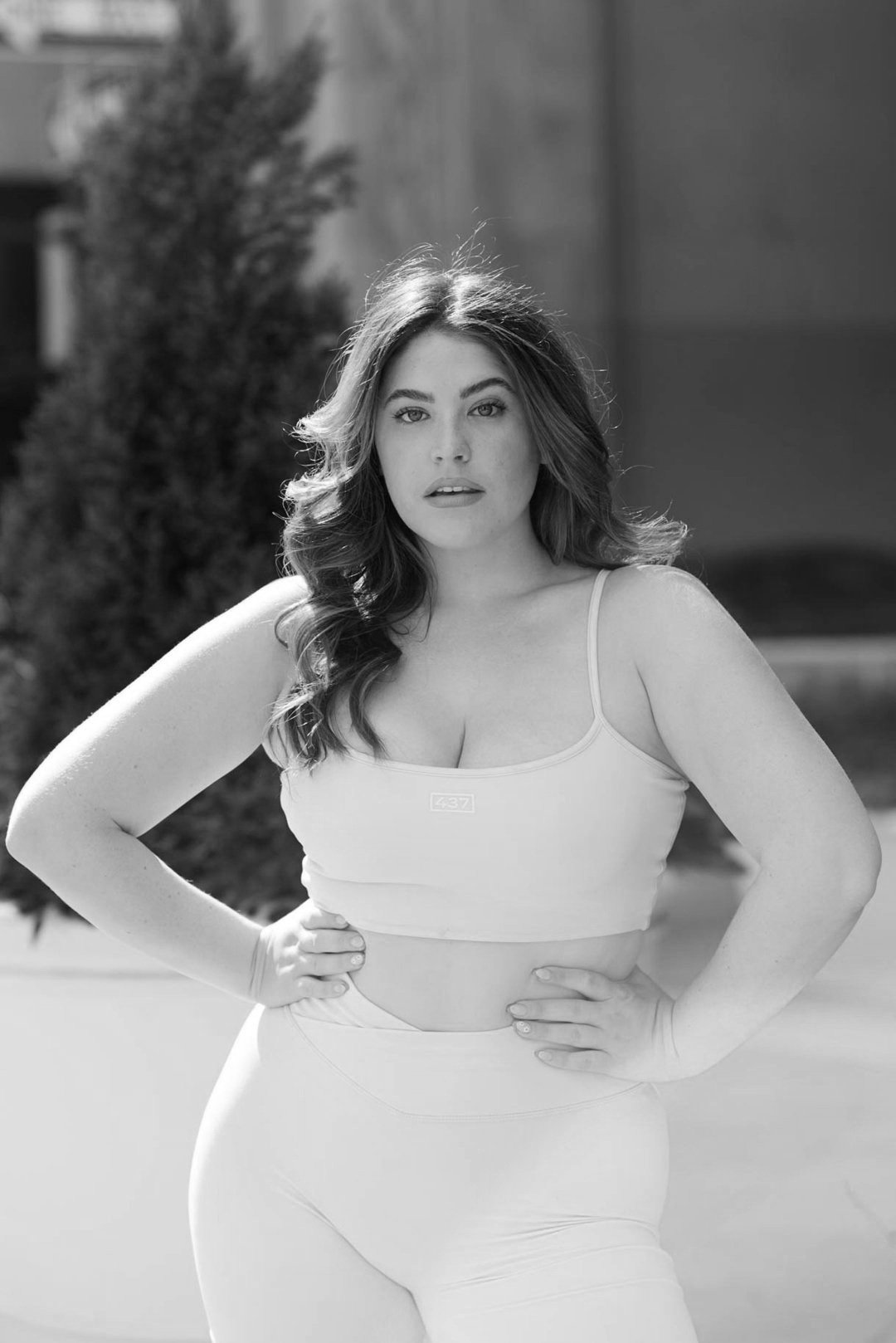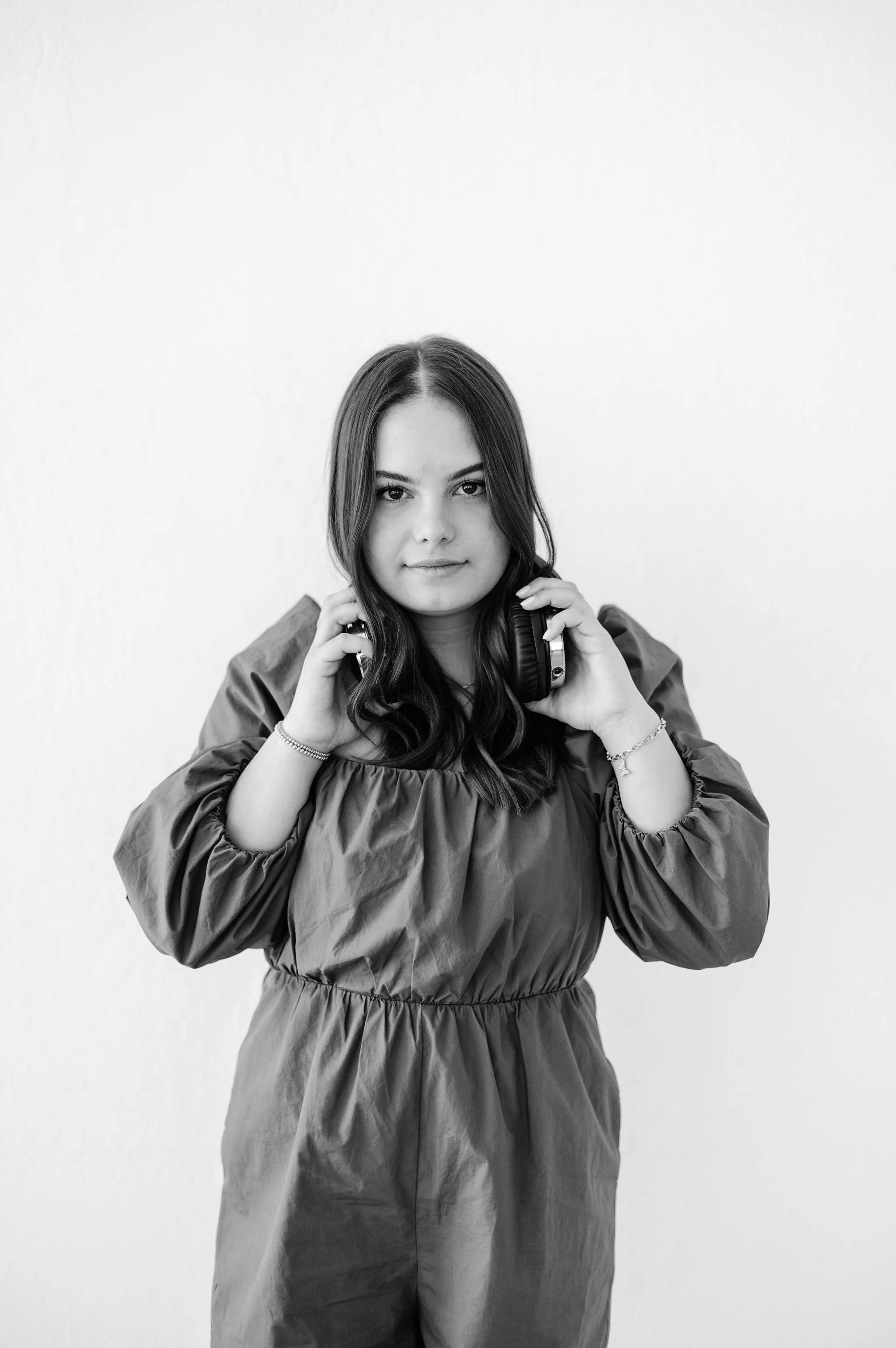188. A Psychologist's Guide to Your 20s: How to Handle Mental Health, Breakups, & Growing Up feat. Meg Jay
listen to this episode:
Tune in and subscribe on your favorite platform: Apple Podcasts | Spotify | Stitcher | Google Play | Radio Public | PocketCasts | Overcast | Breaker | Anchor
Today's guest is Meg Jay— a developmental clinical psychologist, associate professor of education at the University of Virginia, and published author with over 25 years of experience studying the psychology of twentysomethings. A recent New York Times profile called Dr. Jay “the patron saint of striving youth” and her TED talk “Why 30 Is Not the New 20” is among the most watched to date.
In this episode, we discuss:
+ Why being in your 20s is so challenging
+ Ways to cope with the uncertainty of being a twentysomething
+ Feeling indecisive about career moves after college
+ Causes of the Gen Z mental health crisis
+ If people in their 20s are over-diagnosed with mental health disorders
+ The problems with linking your identity to your mental health
+ Whether your 20s actually are the best years of your life according to research
+ The over-medication of twentysomethings in the United States
+ Why twentysomethings should be treated with a unique mental health approach
+ Advice for people in their 20s dealing with breakups
+ What every twentysomething should be doing in their lives
+ so much more!
Meg's Instagram: https://www.instagram.com/drmegjay
Mentioned In The Episode…
+ Meg's recent book: The Twentysomething Treatment
SHOP GUEST RECOMMENDATIONS: https://amzn.to/3A69GOC
About She Persisted (formerly Nevertheless, She Persisted)
After a year and a half of intensive treatment for severe depression and anxiety, 18-year-old Sadie recounts her journey by interviewing family members, professionals, and fellow teens to offer self-improvement tips, DBT education, and personal experiences. She Persisted is the reminder that someone else has been there too and your inspiration to live your life worth living.
a note: this is an automated transcription so please ignore any accidental misspellings!
Sadie: Welcome to She Persisted. I'm your host, Sadie Sutton, a 19 year old from the Bay Area studying psychology at the University of Penn. She Persisted is the Teen Mental Health Podcast made for teenagers by a teen. In each episode, I'll bring you authentic, accessible, and relatable conversations about every aspect of mental wellness.
You can expect evidence-based, teen approved resources, coping skills, including lots of D B T insights and education in. Each piece of content you consume, she persisted, Offers you a safe space to feel validated and understood in your struggle, while encouraging you to take ownership of your journey and build your life worth living.
So let's dive in this week on She persisted.
Meg: . skill you could gift to everyone, what would it be? , I think for the 20s, is really being able to tolerate uncertainty, to realize that your brain is going to process uncertainty as negative, dangerous, catastrophic, But you're not in danger you're in your twenties
it's just the fact that there's a lot that's still undecided. It doesn't mean none of it's going to work out. , actually, the data show you're probably going to be happier five years from now than you are right now. And, , that's really good news.
Hello, hello, you guys. We have an episode for the 20 somethings today, which is so requested. You guys are always saying that so much of what we talk about is applicable to any age, and I completely agree. And so, we have a guest today that is going to speak to you. The college experience, the years right after being a teen, which I know a lot of you listening fall into that age group, myself included.
So our guest today is Meg Jay. She's a developmental clinical psychologist and associate professor at the University of Virginia and a published author with over 25 years of experience.
I actually got this guest recommendation from Adam Grant, who is a professor at Penn. He's phenomenal, an amazing author, and he said that she would be a perfect fit for the podcast. And so, of course, I had to reach out and have her on the podcast. We talk about so many things. We talk about why being in your 20s is so challenging, how to cope with that, feeling indecisive, what is leading to this mental health crisis that we see in Gen Z, not only in the teenage years but in our 20s as well.
We talk about things related to identity and whether your 20s are going to be the best decade of your life, which is something we hear a lot. We talk about mental health challenges, , whether mental health challenges are being over diagnosed, medications are being over prescribed, and her thoughts there. And then of course, things like navigating breakups, career changes, all of that. This is just such an incredible conversation, and I think so validating for anyone who is in that era of their life, and I know you guys are going to find it really helpful.
So more information is in the show notes on Meg's work, and I was just so excited to have her on the show and have this incredible conversation. As always, make sure you leave a review, subscribe, share, all the things. It really helps the podcast and I appreciate it so, so much. And then if you are new to the podcast, , I do a giveaway every month.
You get a free coffee on me and on She Persisted, a little fun self care moment. So information is in the show notes to enter that for the month of April. I really hope you guys enjoy this episode. And with that, let's dive in.
Sadie: Well, thank you so much for joining me today. I'm so excited to have you on She Persisted and just have an incredibly aligned conversation all about being a 20 something and navigating this stage of life which is, you know, It's very confusing and overwhelming, which I think a lot of listeners can relate to.
Meg: Yeah. Well, it's great to be here. Thanks for inviting me, Sadie.
Sadie: Of course. Well, to get started, I would love to hear a little bit of your background, how you got into clinical psychology, how you chose this specific age demographic, because although there should be so many clinicians out there that specialize in young adults, there's not always.
Meg: There's not. Right. That's
Sadie: it.
Meg: , so I actually have been specializing in 20 something's for 25 years. , that is all that I have done, , since I was in grad school at Berkeley. , so I got my PhD in clinical psych at Berkeley. , and I. knew I wanted to work with some people that I didn't know who, but I was living obviously and working in a college town.
And what I experienced was that, college 20s, it's where all the action is. It's where everybody's trying to figure out work and love and self and identity and everything is up in the air and everything is transforming. , and so I was kind of working in the space of adult development, but When we used to talk about adult development, we talked about middle age or old age, but no one was really talking about the twenties as a developmentally unique period of time.
It's not the same as the teens. It's not the same as sort of, you know, certainly by mid thirties and beyond. So I just saw that. is an incredibly, , transformative time and just an amazing opportunity to work with people because you can work with young people and help them a little bit and it goes a super long way.
Sadie: A hundred percent. , to start with listeners, , who are like, I am struggling, but I don't even know where to begin. What makes this so special? decades so challenging, there are so many factors that are up in the air, there are so many moving pieces, , and what I love about your work is that you've really clarified what all those different moving parts are, which can be quite comforting when you're like, I'm confused, and you're like, okay, I kind of understand a little bit what's going on.
So what makes Being a 20 year old and being in your 20s so challenging.
Meg: Well, you actually just said it. And what I've learned, most of what I've learned about 20 somethings, I've learned from listening to them. so you started with it. You said, there's so much up in the air. And so you're talking about, Your 20s are the most uncertain years of life.
It's probably the only decade of life where, you know, all the things I've listed before work and love and identity and where you're going to live and who your friends are and whether life's going to work out when you can pay your bills and whether you'll ever be happy. It's probably the only time of life that you'll wake up in the morning and all those will be uncertain at the same time.
, You know, from my side of the room, that's an incredible opportunity to get in front of all those things with my clients, but from your side of the room, it's really hard to wake up to that much uncertainty. The brain doesn't like it. It makes people feel anxious and stressed and very unsettled. , so part of what I do is try to help people.
deal with that feeling while they also try to get some certainty on the outside or on the inside, just becoming more sure of themselves.
Sadie: And what are some of those ways that we can either increase our sense of certainty or even just cope with the fact that there are so many things that are uncertain because it's not the same way you would cope with, like, a test that's coming up and then it's behind you and you move on.
It's like a constant stressor which can be so challenging.
Meg: Yeah, I mean, that's really the big difference is that, you know, you might have something that's uncertain in college, like you said, of how's this, what's, what am I going to get on this paper? Or, oh, my gosh, I'm so stressed about this test. But you usually see the resolution of that sometime within a 17 week period of a semester.
, and a lot of the projects you're working on is a 20 something of, will I ever find love? Or, you know, what, what's my career really going to look like? These are. literally going to take years. So you can live with that uncertainty for a good five, 10 year period of time. , so some of, I mean, a lot of what I do is help people find more certainty in their lives.
So get that career going, get better at having relationships. So they feel like they do understand sort of where their life is going, but along the way, there's a lot of coping. And I, I, looked you up to know who I would be talking to. So I know you're a DBT fan. Is that correct?
Sadie: Yes.
Meg: So, , you know, I, I don't just do DBT, but I use some DBT skills in terms of tolerating uncertainty and just coping with the discomfort of that and knowing you can't necessarily make it go away.
You probably, Don't necessarily want to try to make it go away because that can just start a big fight between you and uncertainty. So, you know, sort of as soon as people really understand and accept uncertainty as the backdrop of 20 something life, the less, difficult it becomes. So, you know, there's a lot of tolerating difficult feelings, , and then a lot of changing how people are thinking.
So usually when people feel uncertain about things, they. catastrophize, they think negatively, Oh my gosh, I'm never going to find anyone or I'm going to be broke forever. My life's never going to work out. Everybody else is so happy and I'm the only one who's not happy. So I help people shift their thinking from those catastrophic thoughts to some more reality based, like, well, what do we really know about this situation?
Is there maybe another way we could think about it? , so, uh, To your point that a lot of the times we don't see those certainties for quite some time, people need coping skills to just live with all that uncertainty day in and day out.
Sadie: Yeah. You mentioned that it can be helpful to take steps towards your future so that you can have less that's up in the air.
I think a really common thing that I think 20 somethings especially struggle with is, like, you kind of know what you need to do. Maybe it's, applying for an internship or gaining experience or finding a mentor or looking for grad schools, like, whatever those next things on the horizon are, but you're not necessarily taking the steps to get there.
You're almost, like, paralyzed in, indecision and avoidance and you're like, at a later time, I'll deal with all of that. How do you help people get through that process? Or it's like, I know what I should do, but I just am not doing it. And I think it's very tied to that uncertainty and fear and anxiety and all of that.
Meg: Yeah. So, I mean, it is, I think people They often, usually my clients, they know what they need to do. They know what they want to do. , they often have to sort of feel a sense of urgency of like, Oh shoot, I better hurry up and do that rather than like, Oh, I'll just do it next year. That's fine. , so sometimes I try to help them connect, you know, that maybe you don't have as much time as you think you do.
if this is something you don't want to be doing a year from now, I'm not really clear why you're doing it now. , so. What are we waiting for? And try to help them connect, you know, today to next year. , and other times I take the opposite approach where I just kind of help them think about how, because they'll say, well, I know I need to go find a mentor, but, so I try to figure out, well, but what, why aren't you doing it?
What's the issue? And so often it's, well, I don't know why people would help me, or I don't know how to do that, or I don't know how to talk to adults. And so I try to help them, . And we'll what the steps are involved and we just unpack it. Okay, well this is how you do it. I just had a client in my office on Wednesday and his homework this week, he's a college student, is to go to one person's office hour because he's never talked to a professor before.
And I said, okay, well we're going to fix that. So we identified which of the ones that he had that he liked. I actually know the guy, I know the professor. I was like, he's great. Go talk to him. That's your homework. Go
Sadie: put in a good word.
Meg: Right. I promise it'll go well. So sometimes I just give people some homework, some marching orders, and say this is a great place to start.
I believe in you. I know you can do it. , , I'll see you next week. So sometimes I create the urgency from the front end.
Sadie: 100%. , I would love to get your perspective on, the Gen Z. mental health crisis, which is such a hot topic. Everyone has their two cents about it. There's all of these questions of like, is it social media?
Is it pressures related to college and career goals and all of that being kind of shifted earlier to high school and then . There's the question of relationships and there's so many moving pieces here like we talked about, but I would love to kind of get your thoughts on do you think that young adults and individuals in their 20s are really struggling more than they ever had before?
Or are they just talking about it more? Like, how do you kind of conceptualize this whole phenomenon?
Meg: Yeah, I would say it's, it's all that, including also the piece that we're talking about it more, that, , it's very difficult to parse out, , whether, you know, when you see increases in any mental health issue across time, it's extremely difficult to parse out what's an actual increase from.
What is we're talking about it more. We're diagnosing more. I mean, it's almost impossible to tease those two things apart. I mean, one thing we do know that it's why I've been working in the space for 25 years is that young adult mental health, like that's been the, that's been the mental health low point across the 21st century.
So you hear your twenties are going to be the best years of your life. I'm sorry to say that empirically speaking, they're not, , they're, they tend to be the mental health low point because at least in the 21st century, work, love, identity, finances, health, happiness, all that has been sort of pushed upward.
And so there's a lot of angst and anxiety and stress and depression and uncertainty going on in the 20s. , so I have always felt that the 20s are a very difficult time, that people's struggles are real. You will never hear me call a 20 something a snowflake or fragile or anything else because the struggles are real.
It's really hard. I wouldn't go back to being in my 20s. , the, the good news about that is that life actually does tend to get better. And I, I'm going to try to be careful with too much, conversation or emphasis about, you know, 20 somethings in a mental health crisis, because sometimes that's, that doesn't feel great.
You feel like you graduated into a mental health recession, you know, that it's like everybody has a disorder now and, you know, You know, a lot of the things that 20 somethings think they're struggling with, they don't actually have disorders. They're trying to solve problems or make changes or learn new skills, or even if they do meet criteria for disorders, , statistically speaking, they're probably going to get better.
And so I want to help people get better rather than help. People are, kind of, push people toward, kind of, fusing their identity too much with a diagnosis.
Sadie: Talk to me about that, that idea that 20 somethings, yes, these experiences are valid and these feelings do come up, but Maybe it's not necessarily a disorder or at this given point in time, which I think any of us on a horrible day, we could take, we're depressed, but it doesn't last for those weeks or months that then make it a disorder.
So why is this so common? How do you experience this with your clients? And then what is like a better path forward, , for people to think about these things?
Meg: Yeah. So, , I won't go too in the weeds on the DSM and you probably know plenty about it, but the, the DSM, it doesn't take age into account at all.
So, you know, if you look at symptoms for, borderline personality disorder, for example, you've got unstable emotions, unstable relationships, unstable sense of self, which kind of defines what it looks like. I'm like to be in your 20s. So, you know, a lot of times people are like, Oh no, I have a personality disorder.
Because that sounds like me. And I'm like, wait a minute, slow your roll. Like let's not necessarily decide that your personality is disordered. It's much more likely that your situation is difficult and you're having trouble coping with that because you're still learning the coping skills we were talking about earlier.
or, oftentimes, many of my clients. Well, meet criteria for major depression, but to meet criteria for major depression, and I won't rattle them off, but, you know, you just need to be sad and not have enjoyment and, , maybe sleeping or eating changes, et cetera, for two weeks. And I know many, many 20 somethings who, you know, Feel quite depressed for more than two weeks.
, it doesn't necessarily mean they have a disorder oftentimes. It's Actually a proper adaptive response to a real loss. So the number one precursor to depression in young adults is not surprisingly a breakup So many people experience 20s Maybe it's a relationship or something with their family or even a friend or a job and they feel depressed That's really more of grieving and loss.
And that's a normal, healthy response that tells me your attachment is working. You got your heart broken. And if you didn't, I would wonder what's wrong with you. Why didn't you care? , so, you know, it's a little bit of semantics of whether, okay, I meet the criteria for disorder, but the question is, well, what does that mean?
And will I still meet it next year? , Maybe not, probably not. It depends on the situation behind it, but I try to help people not get their identity too wrapped around a disorder that either they may not have or that they may not have for long.
Sadie: What are the potential, negative implications or consequences, even if it's just anecdotal, of having your identity so closely tied up in a disorder?
Whether it's like, I'm depressed or I'm anxious, and that is really important. How you see yourself because I remember for such a long time that was kind of how I operated through things and it impacts so much of your life.
Meg: Well, of course, I want to do the thing where I'm like, well, you tell me I'm really curious.
Maybe I will ask you to do that in a minute, but you asked me a question, so I'll try to answer it. You know, a couple of things come to mind. One is it's called the Nacebo effect. So the. Placebo effect is the power of positive expectations. If people think they're going to get better from something, they tend to get better.
The Decebo effect is when, is the power of negative expectations and you think I'm not going to get better. So I will have clients come in and say, Oh no, I saw on the internet, I have anxious attachment style and no one's ever going to love me. And I, have issues and who wants to be with someone who's anxious.
And so there's that. The power of negative expectations that they think this is something I have something about me, that can't change. And so oftentimes, it's not something they have, it's something that they're, you know, they're feeling anxious or worried about their relationships. It doesn't mean they have anxious attachment style.
And it doesn't mean that those relationships can't start to feel more safe and stable and secure. So, bit of, You know, the power of negative expectations is one. The other is just the lens that I think I hear people say, well, because of my anxiety, I, or because of my depression, I, or because of my whatever, I, that everything is understood through that lens, and it can be a very limiting way of thinking about yourself.
And sometimes it's like, well, I don't actually think That is why you're doing X, Y, or Z. So maybe we should, you know, imagine looking at yourself differently. And then I guess the last thing is there's mating and friending that goes on where people sort of huddle up or cuddle up with people that they feel like share or understand their diagnoses, , which.
Can be useful, but it also can be limiting because I often want people to group up with people who see their strengths and maybe share their strengths and not necessarily just their struggles.
Sadie: A hundred percent. I, I remember all of the experiences you just mentioned and the, most salient one, I was in an IOP program, we were doing occupational therapy, say, of you, like, doing all the painting and art projects, isn't making a difference, but you're doing it anyways, , just to fill the time, and they're like, okay, draw yourself, draw your sense of self and, the different parts of your personality and, You have like 10 depressed kids being like, everything's dark and gloomy and sad.
And I remember putting on the paper depression and anxiety and it was like, who am I? It's like, I'm depressed and I'm anxious. And it defined so much of my life, logistically, in and out of treatment. When I was at school, I was all consumed by these feelings. My relationships had been impacted. And so it was just such, my life was defined by it, it felt
Meg: like.
Sadie: And then there was also what you mentioned, which is connecting with people of the, the same experiences, which can be positive in a group therapy setting, but when I was at school and the only people I was friends with were also really struggling, that became a whole other stressor and you don't have those positive moments like you mentioned, and then also the lens that you like, see the world through, I, Totally remember that.
And I think one of the biggest things for me was that I didn't feel seen or understood in what I was struggling with for so long. And so then once there was the diagnosis, you're like, oh, this validation is incredible. Right, right. And then that's all you want. You're like, I am in so much pain.
People please notice it. And that diagnosis really in some ways does like fill that void and serve that purpose in those interactions, which is challenging.
Meg: It does. And you said it much better than I. But it is, I think, you know, we don't spend enough time, as young adults, paying attention to what we've done right, to what's right about us, to our strengths, that, you know, it's, we can go down the rabbit hole of, So, you know, when left to think about stuff, it tends to think about the bad stuff that could happen or the bad stuff we did, or the negative ways to think about ourselves.
So you often have to create space to say, what if I thought about myself positively? What if I, , I think I've paid more attention to, to my strengths and aligned with people because of what I'm doing well or what I'm proud of, not because of, you know, what my struggles are.
Sadie: Yeah, I also love what you mentioned about the feelings that we have and it's like that idea that is really challenging as a young adult because your emotions are so strong and intense and it's like we have thoughts and we have feelings but we are not our thoughts and feelings and because this conversation in mental health is so complicated it can be really difficult where's that line of like, Here's what I'm feeling and thinking right now.
And this is how I am as a person. It's really challenging.
Meg: Yeah, We should have another episode where I interview you. I love it. Because I'm actually super curious about your thoughts and feelings about that, , because on the one hand, I mean, I even in the book, you 20 something treatment, it's about young adult mental health, but I, didn't want to too hard into the concept of like a mental health crisis, because, you know, on the one hand, I want to recognize, which I, I think I probably do, that your 20s are super hard, and I'll be the first one to say that's true, and that's real, and people aren't just being babies.
, but I'm not sure it's, helpful to necessarily always put that in the frame of, and therefore everybody's got a mental health disorder. And I'm, I'm curious what, you think about that.
Sadie: I definitely agree. I think I tend to go at it from the lens of like, unfortunately at the moment, these diagnoses serve a purpose, whether it's like research or insurance coverage or finding a clinician or knowing what the evidence based treatments are.
But I generally try to think about Mental health is a spectrum, and it's, I try and connect the emotions with like, these quote unquote diagnoses and kind of understanding that we can all be empathetic and relate to them, but I definitely agree with you that sorting into these boxes, we become really isolated really quickly, and the ways that we even think about and validate our own experiences Experiences can be really ineffective.
Mm-Hmm. if we're just only thinking about it through the lens of, I'm depressed or I'm anxious, or I have this or this attachment style is popping up. You kind of just, the language that you even describe these things with is so limiting and has the potential to be negative in a way.
Meg: Yeah. I mean, I talk about in, in the 20 something treatment, being in my twenties and struggling, , and.
You know, going to a professor and saying, I'm a mess, I think I should be in a hospital, like, I'm really having trouble, and, , him saying, call me instead, and that you're having a hard time, like, you're, you're freaking out, you're worried about yourself, but I'm not worried about you, and he wasn't brushing me off, he was taking me seriously, I, you know, went to his office many more times, but how useful it was for me to hear from someone that I really respected, and, , admired that he, he said, this is normal.
You're okay. You're going to get through this, that that was very useful for me. And, , I don't think I fully believed it. , a lot of people say, what do you wish you knew in your twenties that you know now or something? And it really is. I wish I had fully understood that I wasn't as disordered as I thought I was.
, I think it's very common in your twenties. to be like, There's something seriously wrong with me. And , I get that as a feeling. But empirically speaking, there probably isn't. , and if, you know, maybe you check the boxes, maybe you meet the criteria. But also what we know from the research is you're probably not going to in a few years, that this is something that, you know, generally life does get better.
And that's something we don't hear enough about is that, you know, of course, when you're young, you hear, oh, these are going to be the best years of your life. They're not, and it's actually good news that they're not, , , that would be a huge bummer if your 20s were your best years of your life, and then you just had to sort of put up with the rest.
, life really does get better. Mental health gets better. , life satisfaction, relationships, financial stability, like the whole nine yards tends to sort of go upwards across adulthood, which is actually a super hopeful message.
Sadie: Yeah, no, I completely agree. And I think that experience of being like, something must be wrong and it must be really wrong.
It's like, And it must be me. Yes. Yeah. It's like they've never experienced anything like that before, and they've never heard their peers talk about it. And so it's that whole other layer of like, this is so foreign, and it doesn't feel good. So it must be a disaster. And I've also never heard anyone talk about this.
So it must be Even worse. Right. And that's one of the things with my own mental health journey, where obviously it was so painful and a whole situation and wouldn't wish it on anyone. But being at college, I'm like, this is a breeze. I was in treatment for a year and a half. These are low stakes.
Like we are good. You're good. Yeah. Yeah. Throughout your 20s, you're able to establish that baseline of, like, it's gonna be fine. Right. Yes, we have, ups and downs in our emotions, but especially when you're so independent and, you're the one that are in charge of these decisions and your actions, those, emotional experiences can be so amplified.
Meg: Yeah, and I love what you were just saying about you didn't use these words, but I often talk about it with clients is their data points. So often when you're in college or in your twenties, you don't have a lot of data points of like, okay, I have felt this way before and survived it.
, But, you know, sounds like you got your data points pretty strongly and pretty early on. So, but the useful part of that, I mean, that's the difference between being where I am in life and where you are, where your peers are, is that, bad stuff happens all the time, but my brain is much more accustomed to saying, well, I can think of 10 other times that bad things happened.
And, and. You figured it out, or it wasn't bad as you thought it was gonna be, that you have a lot more to work with. I think when you're 20 or 25 and something happens, you don't, your brain is looking for information that it's going to be fine, and you don't have it yet. , but once you start having those data points, then you have more to work with in those deep BT moments of, Okay, you know, let me think rationally about this.
And remember, I've felt this way before and I got through it.
Sadie: On the topic of mental health, you speak about over medication and how that just adds a whole other layer to this whole picture. we hear about these statistics all the time. I feel like it again is one of these topics that the media really latches on to, but can you speak to a little bit that the kind of chronic over medication that happens, especially in this age group, and then how that impacts how we go about getting support and help and coping for these things.
Meg: Yeah, I mean, people ask me all the time, like, how are 20 somethings different now than they were 20 years ago when you started? And 20 somethings themselves, I mean, are not different. Gen Z ers are still human and, , you know, they're, a lot like, Gen Y and Gen X. What's different to some of the stuff around Gen Zers and, technology, but also you have asked about medication.
When I first started doing this 20 years ago, it was extremely unusual for a young adult to be on medication. Very unusual that, the, the, Clients that I had early on, something about my residency at UVA. The ones that were just really struggling the most might've been on antidepressants.
End of story. And that was it. , now, in adults between the ages of 20 and 60, , antidepressants are actually the single most commonly used prescription medication of any kind. So, , they're very frequently used and I'm not for them or against them. , I have definitely seen them be lifesavers for some people.
I have also seen clients for whom the negatives outweighed the positives. And so I think I am for people understanding that, , it's, it's not a magic bullet, it's not a one size fits all, that medications have upsides and downsides. And for people to understand what some of those are, and unfortunately, , 80 percent of the Prescriptions for mental health medications are written by GPs and I have nothing against GPs.
But, you know, they're not specialists in mental health medications. They don't specialize in young adults. And in these 15 minute appointments, which they're stuck with having because of insurance, it, they can't get to like, well, what's going on in your life? You don't know what's got you feeling anxious.
What's got you feeling depressed. Can. You tell me some about that. So there's often not a lot of context. So they hear the symptoms and they go, well, there's a medication that could help that. And so it seems sort of like a, why not, but there, there are a lot of why not, you probably know plenty about it, but whether it's antidepressants, anti anxiety medications, anti psychotics, they all have upsides and downsides.
And I think people need to understand what they are so they can make informed decisions about starting and also about stopping.
Sadie: Yeah, it's a really interesting conversation. I think as I've gotten to college and heard about them, heard about the data in like a classroom setting, it's really changed my perspective because in my own experience, I was Super depressed and it was absolutely a resource that was implemented and when I knew others that were on medications It was like we were at the end of the spectrum.
It was Severely depressed severely struggling. , the the level of severity where it's like Yes, this is something we're going to use in this toolbox, and alongside the inpatient treatment, let's go for it. And then once I have gotten into college and you hear the data about, , mild depression and how, like, placebo effects impact, , or relate to antidepressants with mild depression.
Low level mild depression. , and like how CBT fits into working in comparison to antidepressants or even, or
Meg: even exercise. I mean, there are a lot of interventions that when we're talking about mild to moderate, which is. Statistically speaking, what most young adults are going to struggle with,
Sadie: there
Meg: are many other interventions, , in addition to or besides medications.
100%.
Sadie: Yeah. It's, it's just like, , no one's out there, , on, , API being, like, exercise and antidepressants. which one works better? But it's important information to know. Right. Especially, you know. In these, like you're saying, mild to moderate cases, when you maybe aren't, having this wraparound treatment experience, and unfortunately, you are advocating for yourselves in some ways.
Meg: Right. Well, that is what, cover to cover, that is what the 20 something treatment is about. I mean, what the title means is it's, it's age specific mental health approach, you know, so it's what are things that 20 somethings do not just medication, but other avenues towards being happier and healthier because, you know, it's going to be different things for different people, but there are many roads to Rome in terms of feeling happier and healthier in your twenties.
Medication is one road. And I absolutely agree, especially when people are, extremely debilitated. You throw everything you can at it, for sure. , but you know, I see more and more on college campuses, , they're making it easier for students, to sort of go into student health and not even need to see a psychiatrist, but just be able to see a GP because of, you know, mild or moderate depression and have medication for that.
I get it. They're trying to make it easy for people, but I'm not sure that the conversation is thorough enough. I don't think that. your average 20 something really understands what are the other alternatives, , and, really that the data in terms of, that many of these things work as well as medication.
Sadie: Yeah, 100%. You mentioned breakups, , a couple questions back. It's like such a debilitating experience. It's big, yeah. Yeah. As something that can result in depression and especially newer experiences is. having like, more intense relationships and then having that loss. It can be so overwhelming. So what are some of your tips and pieces of advice you give to twenty somethings that are navigating a breakup?
Meg: Yeah, so I have a chapter in the book called how to love, and so In the book, there's, there's 12 chapters, how to's, you know, how to think, how to feel, how to, , make decisions, how to have sex, how to love all this stuff. So all the things that I've had, all the things that I feel like 20 somethings are trying to figure out, how do I do this?
These are my firsts. And so how to love is in there. , but I actually spend most of the time talking about breakups or heartbreak because, Love, you know, I think we have to not ever think things sometimes, it's pretty natural to love someone. I mean, we're, we're born to connect and to, gravitate toward others and to, try to find people to love.
So, I don't think people really need steps in terms of like, how do I fall in love with someone? That's actually pretty natural. But, , they often do need some help around, how do I pick myself up? When My relationships fall apart. And how do I understand that? So, , you know, like I said before, breakups are the number one precursor to quote depression.
I mean, I'm saying quote depression because yes, people might meet criteria for that in the DSM, but I would talk to my client about, well, okay, sure. We could call that major depression, but we could also call it grieving. And we could say that your attachment system is working and that's a big loss. And I'm recognizing that as significant.
Whereas I think. Sometimes, maybe older adults, if you don't work in this space, it just sounds like whatever. It's just a breakup. What's the big deal? Why are you in bed for days or weeks? , but it's a big deal. If you've never, you know, lost a significant person in your life. , so I think just helping young adults understand this is normal.
It's adaptive that your brain is saying this was important to me and I lost it and I want to try to learn from this situation because I don't want to go through this again. , so to try to help people also understand what, what did you learn? So. It's going to sound like I'm going to pivot for a second, but I'm coming right back.
If you think about jobs, we know that your average 20 something has nine jobs by the age of 35, and they learn a lot from those jobs in terms of what fits, what doesn't, what they like, what they don't. The same thing is going on with relationships, and you may not have nine relationships. I hope you don't have nine heartbreaks by 35, but every time.
A relationship goes sideways, you learn something about, okay, well, that person wasn't for me, or I didn't handle that properly, that this is, A normal, adaptive, developmental process. So I think just helping people understand you're not disordered because you're having a really hard time after a breakup is very useful because, you know, it doesn't help to feel like, well, I got dumped and it turns out I'm disordered.
who's gonna love me now? So, . So anyway, a lot of the time I'm spending just helping people understand what grief is, because it's probably not the last time that they're going to lose something or someone important in life.
Sadie: A hundred percent. I would love to ask you what are a handful of things that you wish all 20 somethings were doing that kind of set them up for success, hopeful foundation to have and implement on a daily, weekly, monthly basis, whatever it is.
What do you wish everyone, like, magic wand was doing in their lives?
Meg: , well the one magic, well, I'll say a few things. Of course I wish everybody would read The 20 Something Treatment or listen to it on an audiobook. Not just cause I'm trying to sell my book, but because I wrote it because therapy is good.
Great, but it doesn't scale. It is not accessible and affordable for everyone. Not to mention finding a good therapist
Sadie: Yeah,
Meg: really not accessible. Which is the number one
Sadie: predictor of your outcomes, which is like, okay!
Meg: Right. So, , it's just truly not an accessible or affordable , solution for the vast majority of people.
So, , you know, fortunately, I think most 20 somethings don't need a therapist in that, they're not disordered. There's nothing wrong with them. They don't need a one on one thing behind closed doors that oftentimes, you know, I like to say education isn't an intervention, so they need better information.
So that's what the book is about. So I would love to wave my magic wand and put one in the
Sadie: That's
Meg: one of my
Sadie: favorite things that I really remember that and held onto it in high school as well, where , you're like, These are supposed to be the best years of your life.
you're supposed to be so happy. There's all these memories. And I was like, do I want to peak in high school? And you'd be like, in 16 years, no, I'm like save it till 95. we can just keep going for a long time. And so like really sitting with that and being like, do I want 23 to be the top point?
And then we just go downhill. Hopefully not. And so it's okay. If it's not.
Meg: Right. That you don't even want that. , and so it's so cool. Sadie, you've already learned so much already. , that's really, that's really fantastic. I'm impressed by you.
Sadie: Aw, thank you. Well, if people want to order your books, follow you on social media, all of the things, where can they do that?
Meg: the book should be everywhere, or somebody's in trouble, but yeah, it should be everywhere. , anywhere you would normally buy books, it should be there. , and then on socials, I'm at Dr. Meg Jay, and my website is, megjay. com. It has a contact me spot, so if there's something you're dying to ask or say, don't hold back.
, I'd love to hear from you.
Sadie: Amazing. Well, I'll put all that in the show notes and thank you so much. This was incredible.
Meg: Yeah. My pleasure. Absolutely.
Sadie: Thank you so much for listening to this week's episode of she persisted. If you enjoyed, make sure to share with a friend or family member, it really helps out the podcast. And if you haven't already leave a review on apple podcasts or Spotify, you can also make sure to follow along at actually persisted podcast on both Instagram and Tik TOK, and check out all the bonus resources, content and information on my website.
She persisted podcast.com. Thanks for supporting. Keep persisting and I'll see you next week.
© 2020 She Persisted LLC. This podcast is copyrighted subject matter owned by She Persisted LLC and She Persisted LLC reserves all rights in and to the podcast. Any use without She Persisted LLC’s express prior written consent is prohibited.




